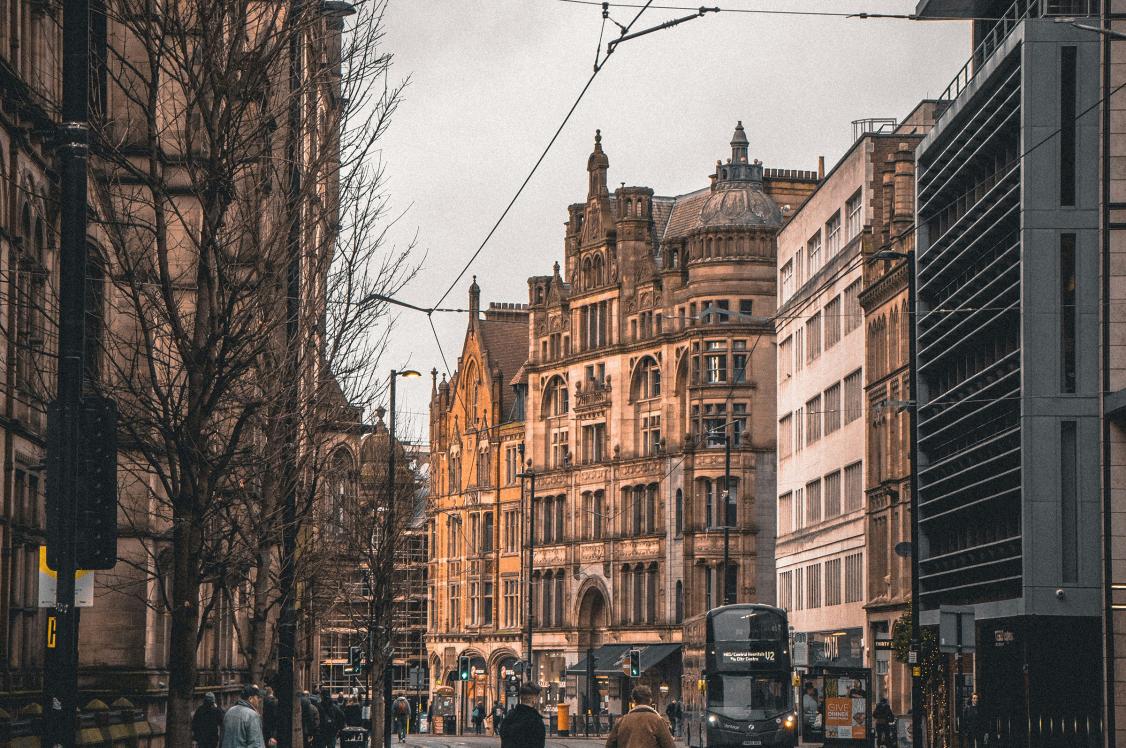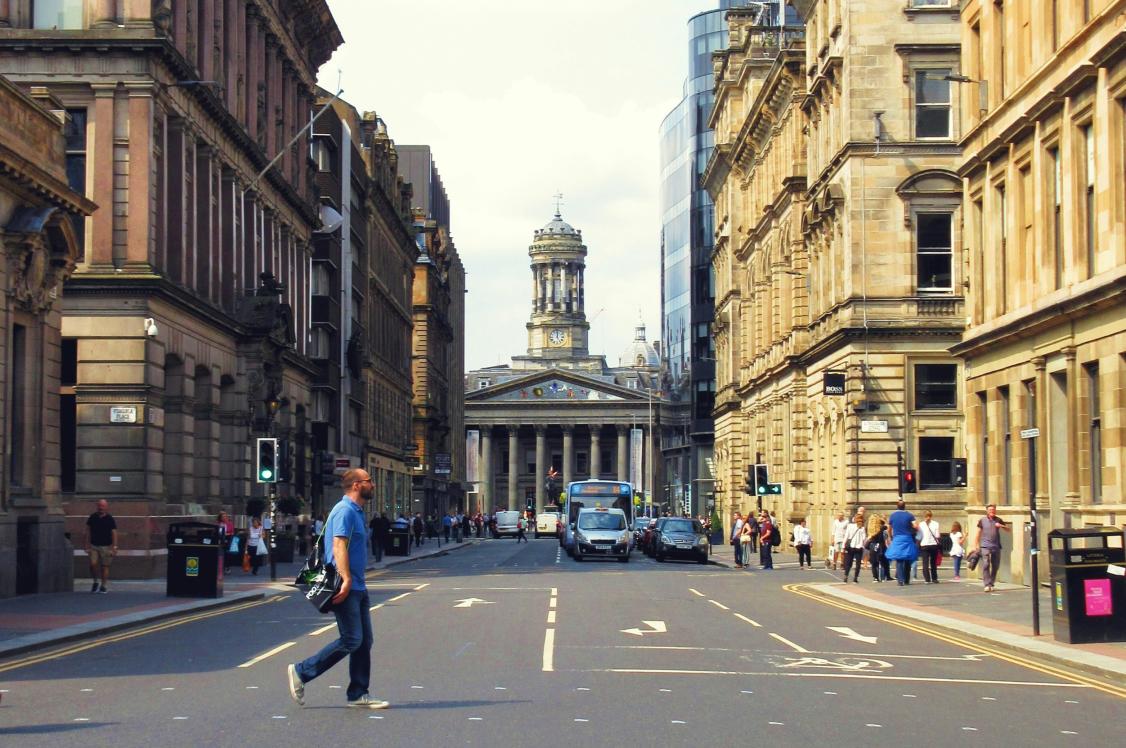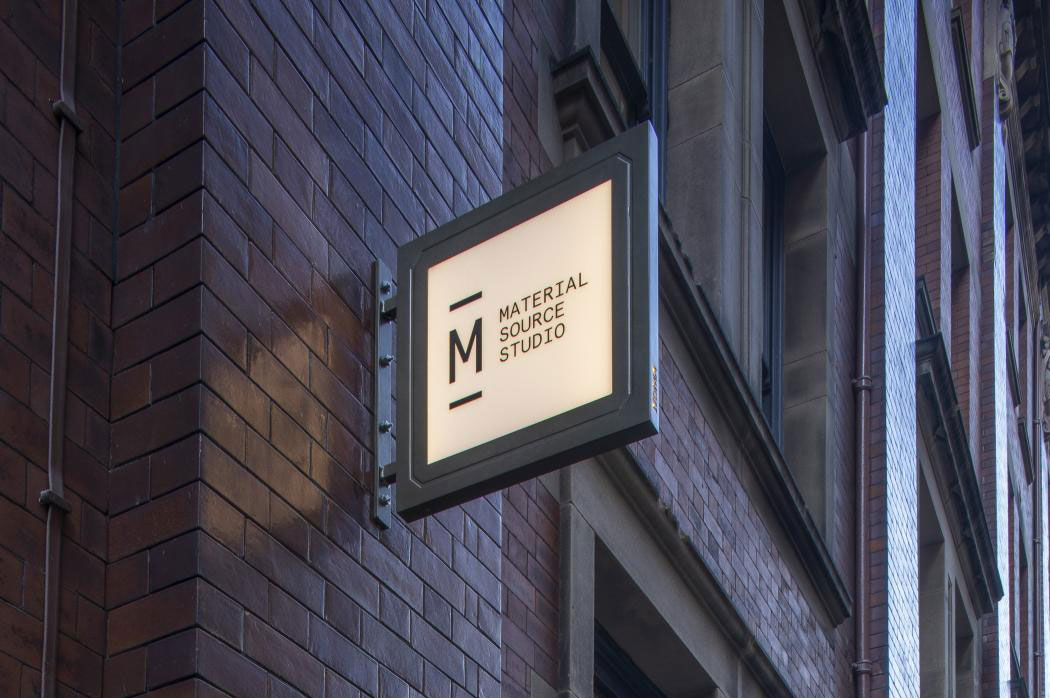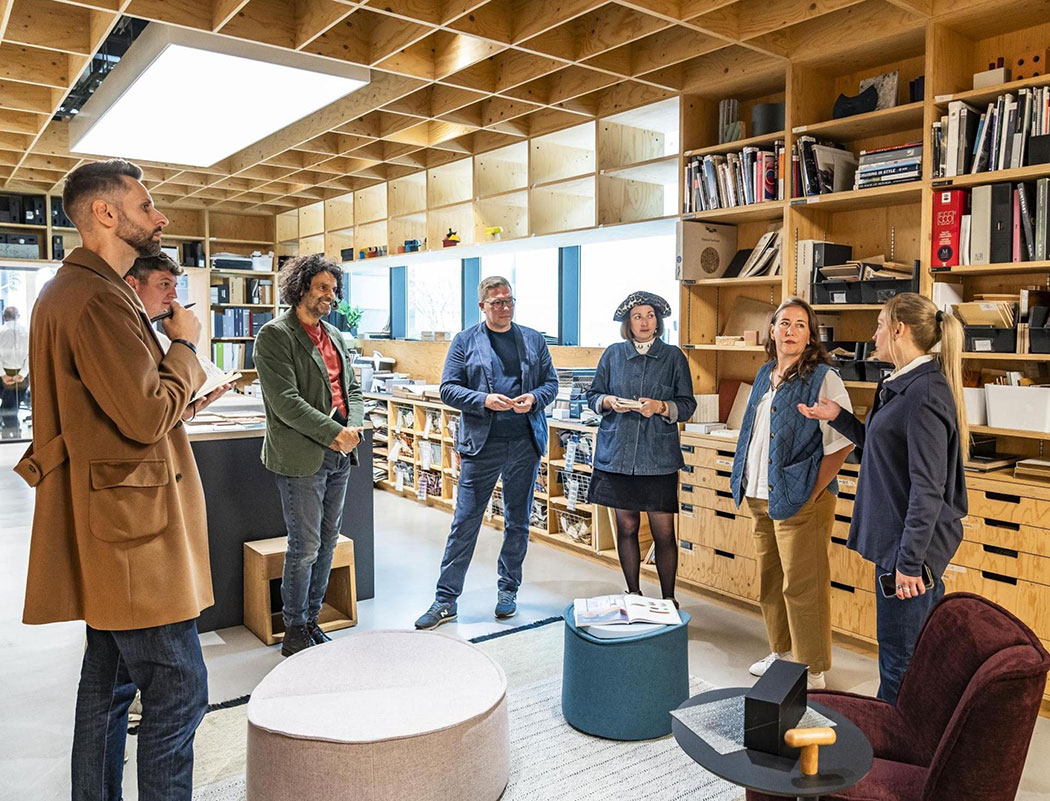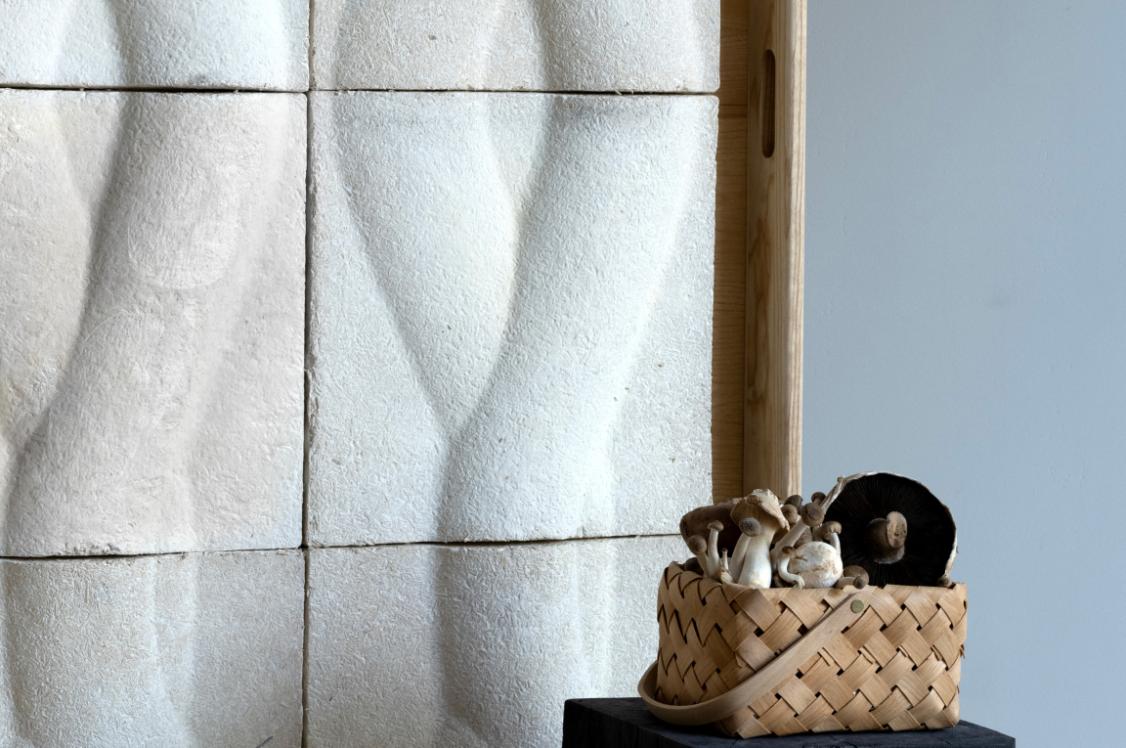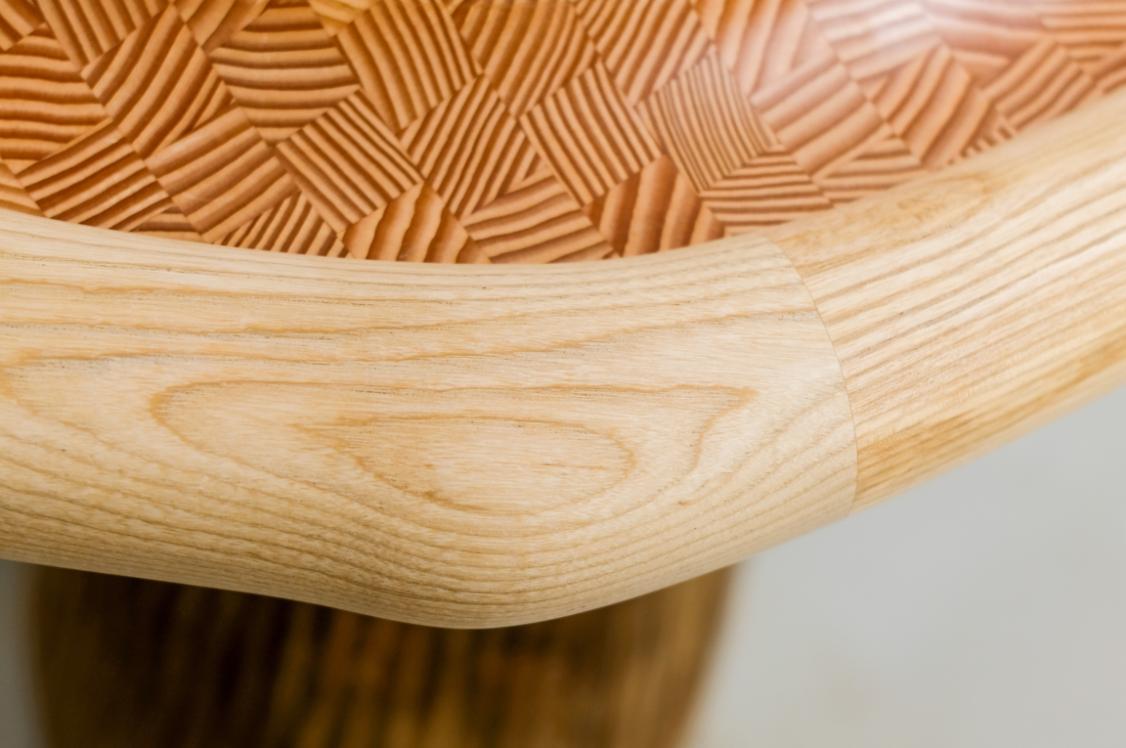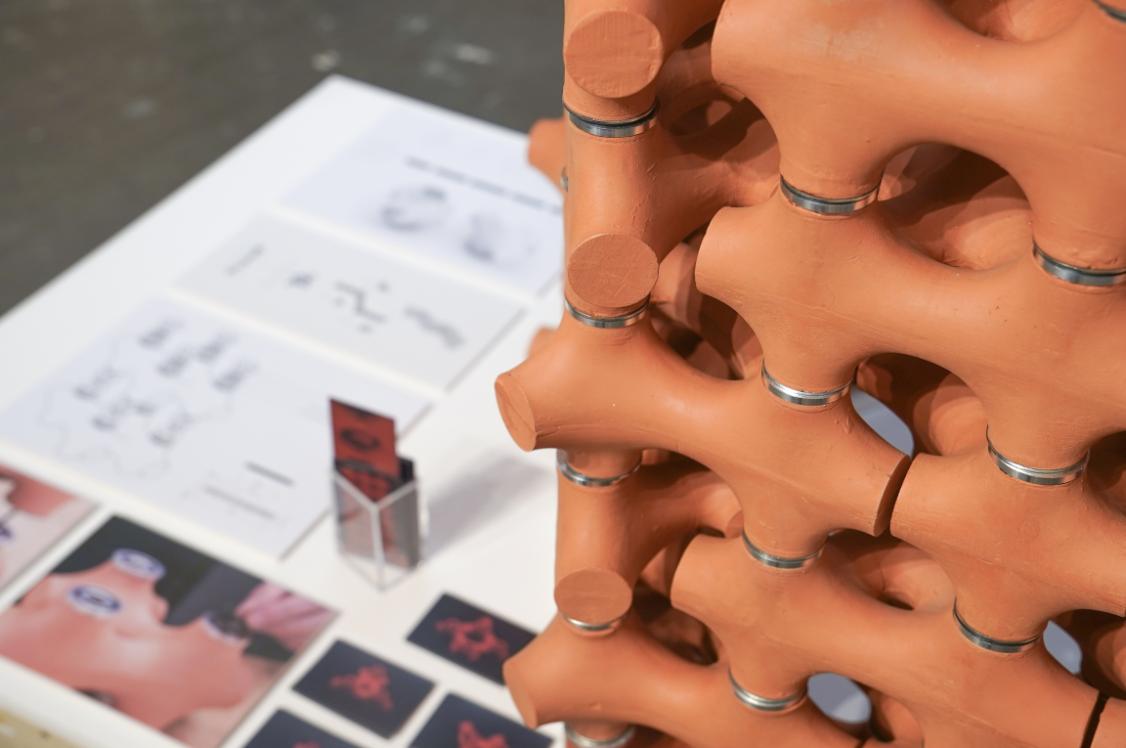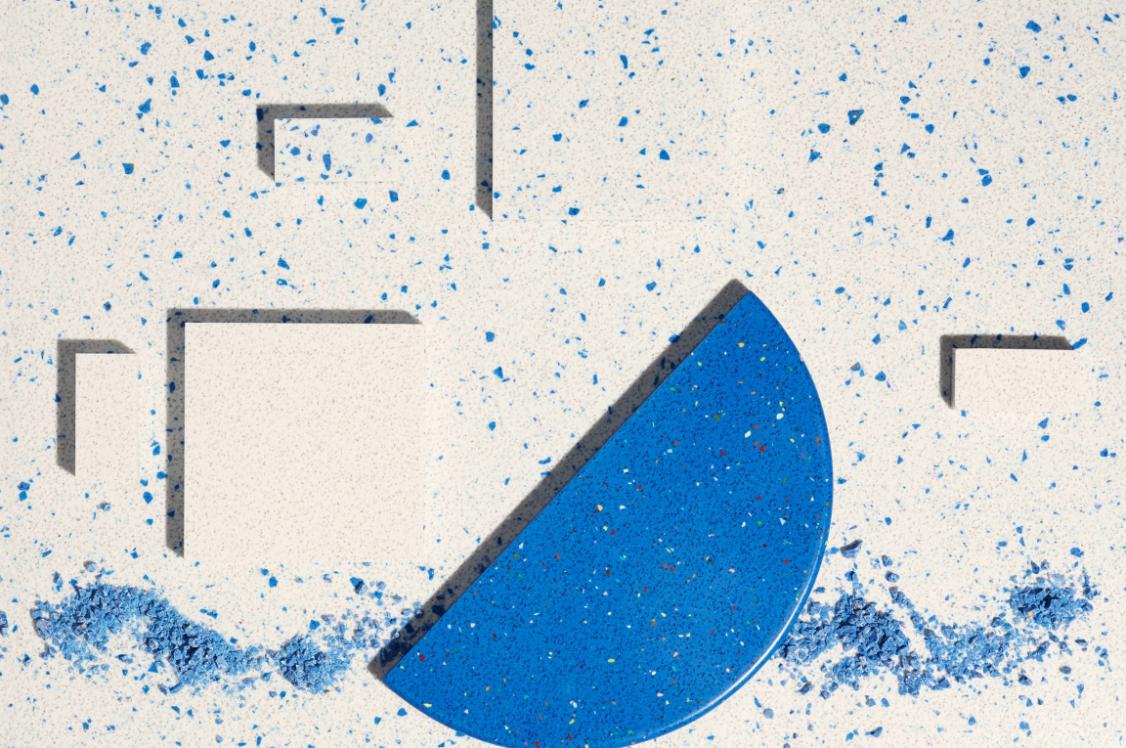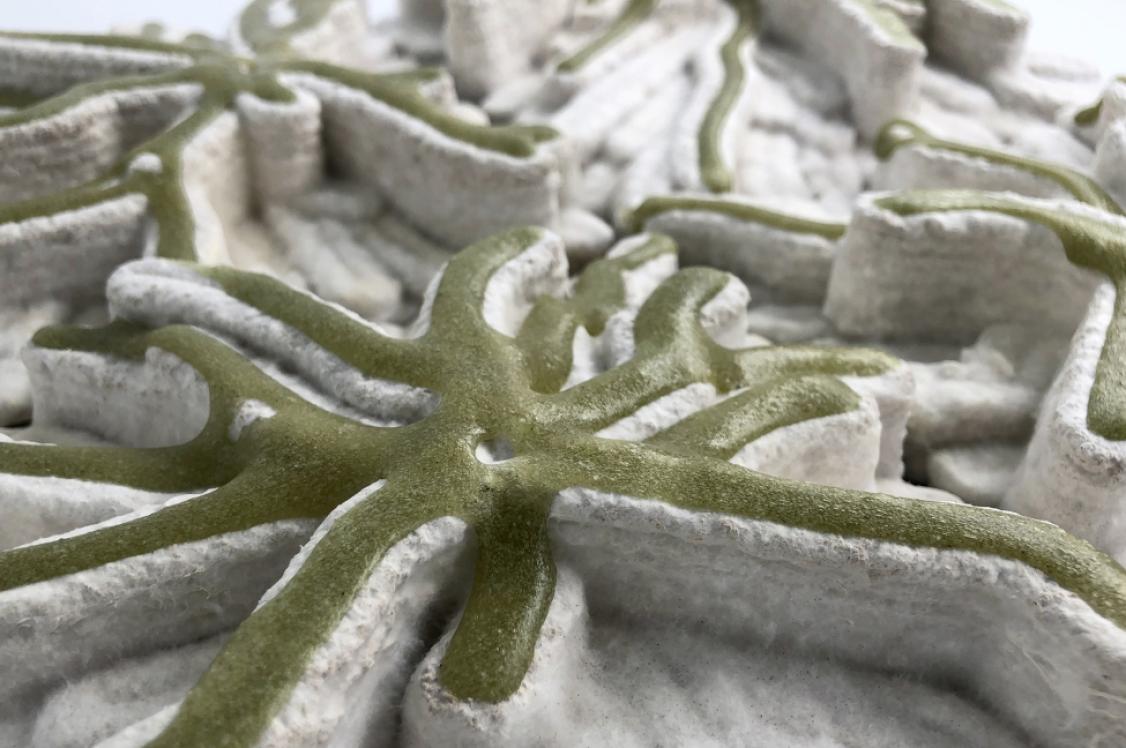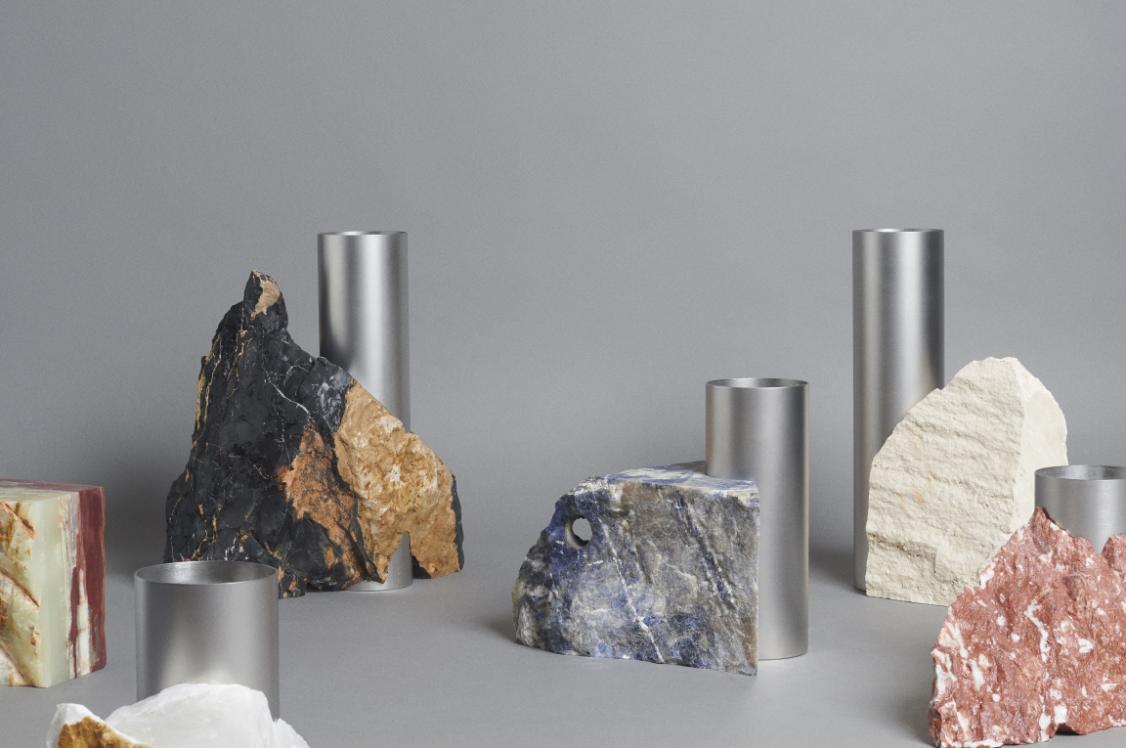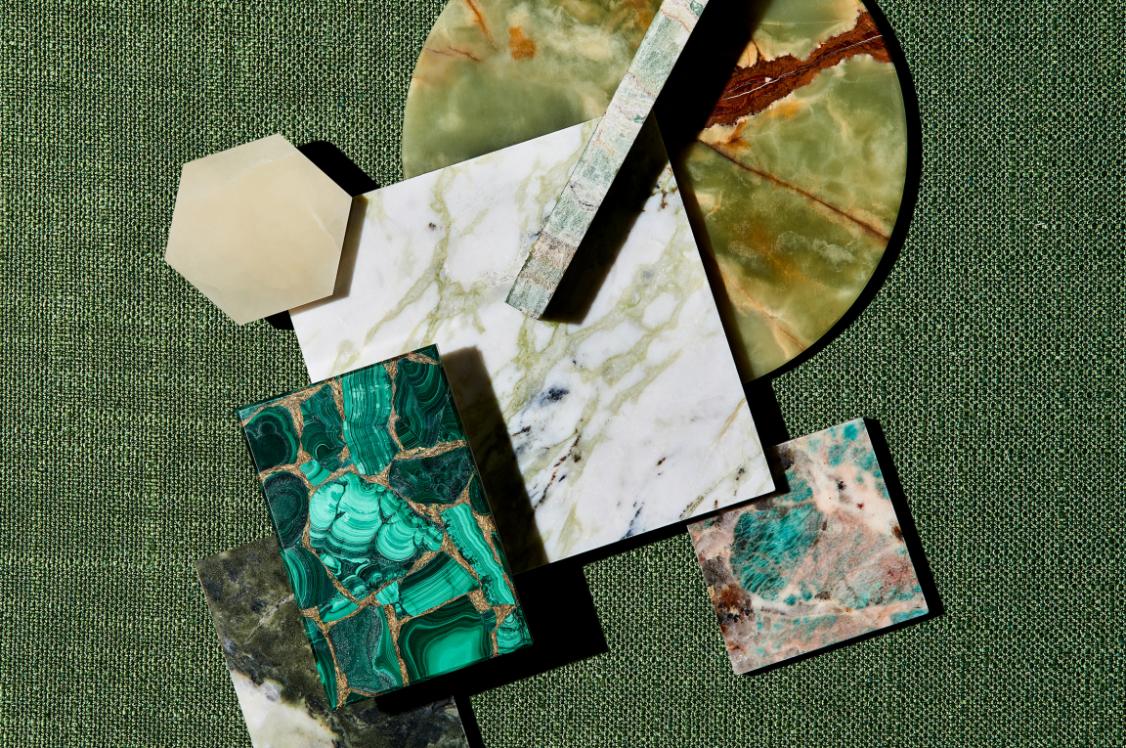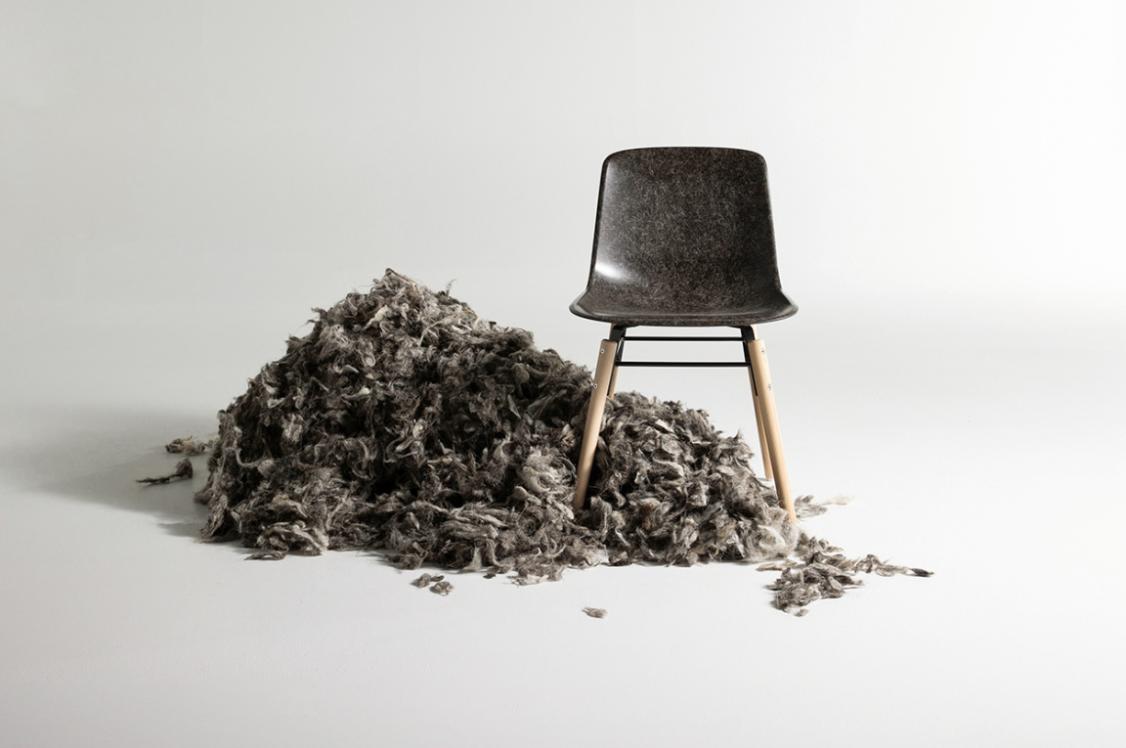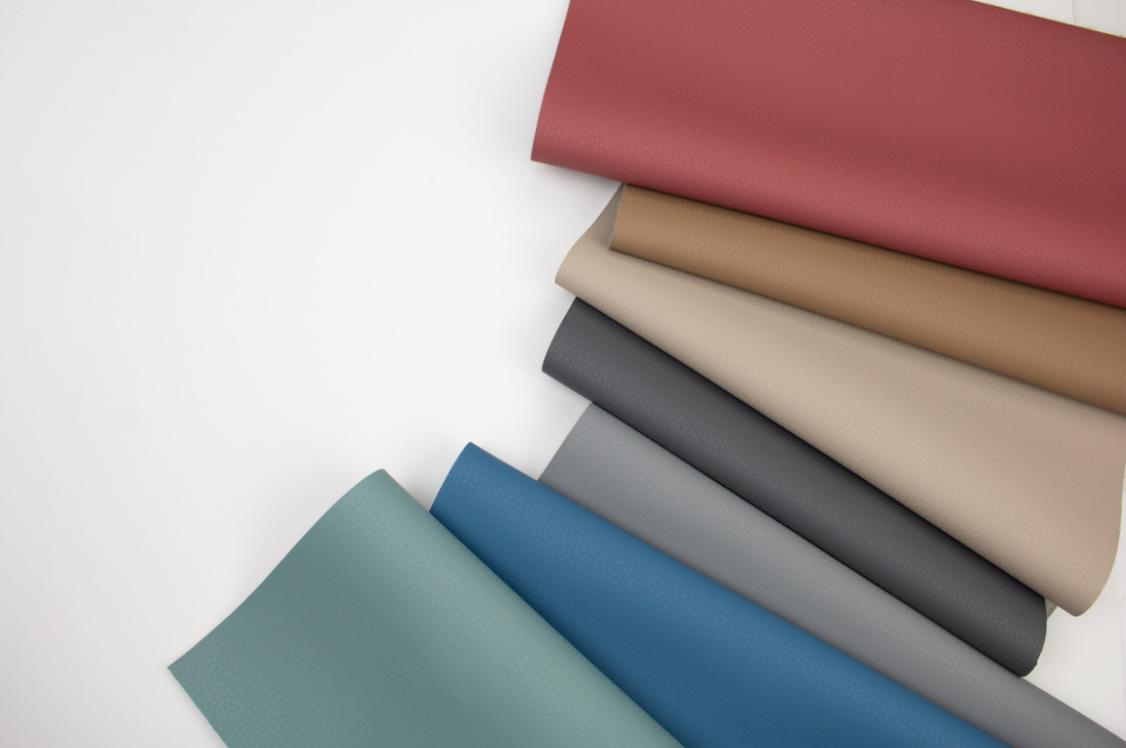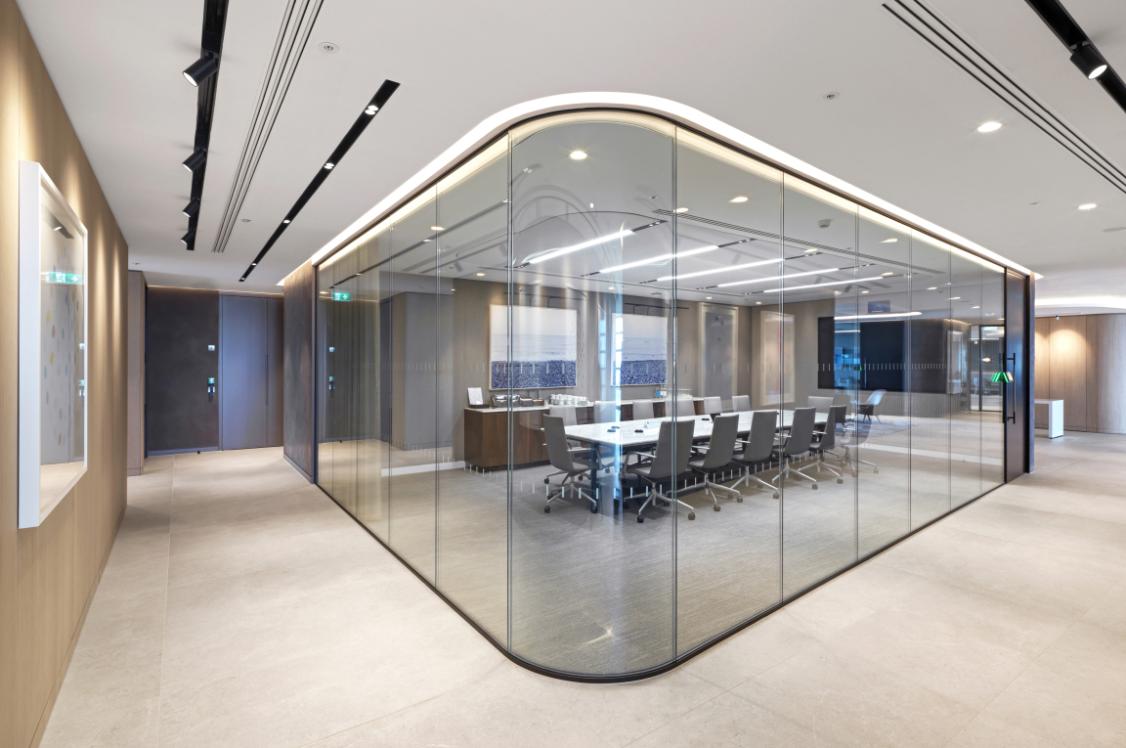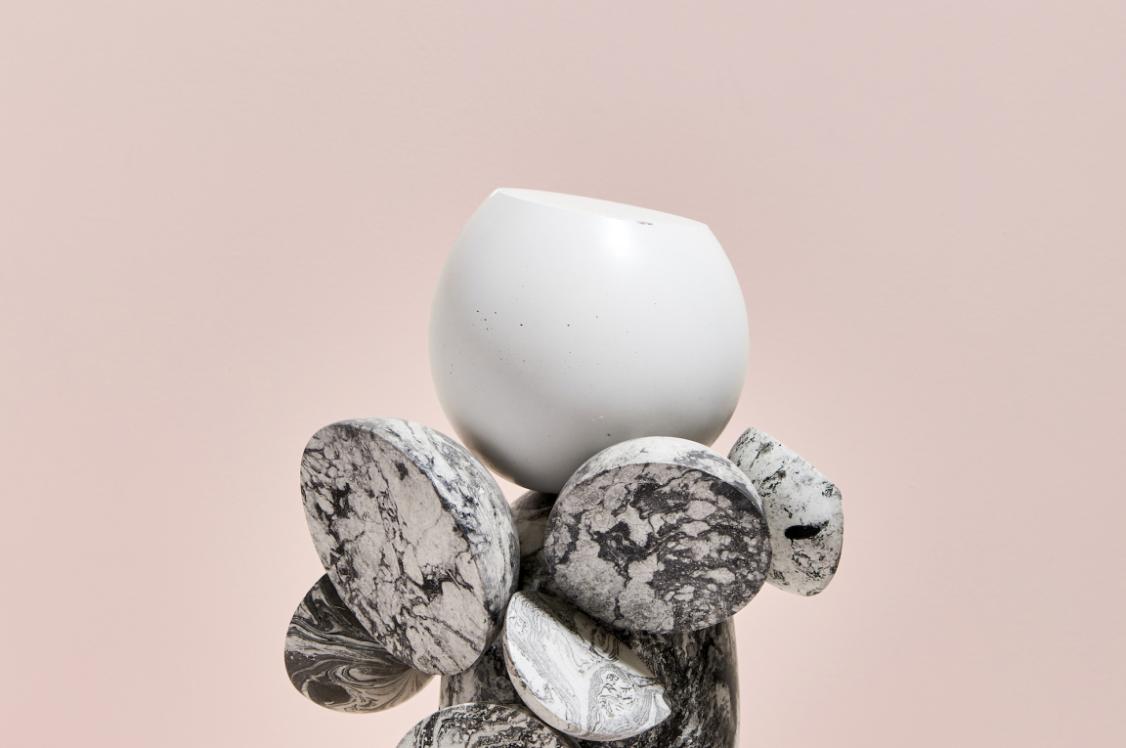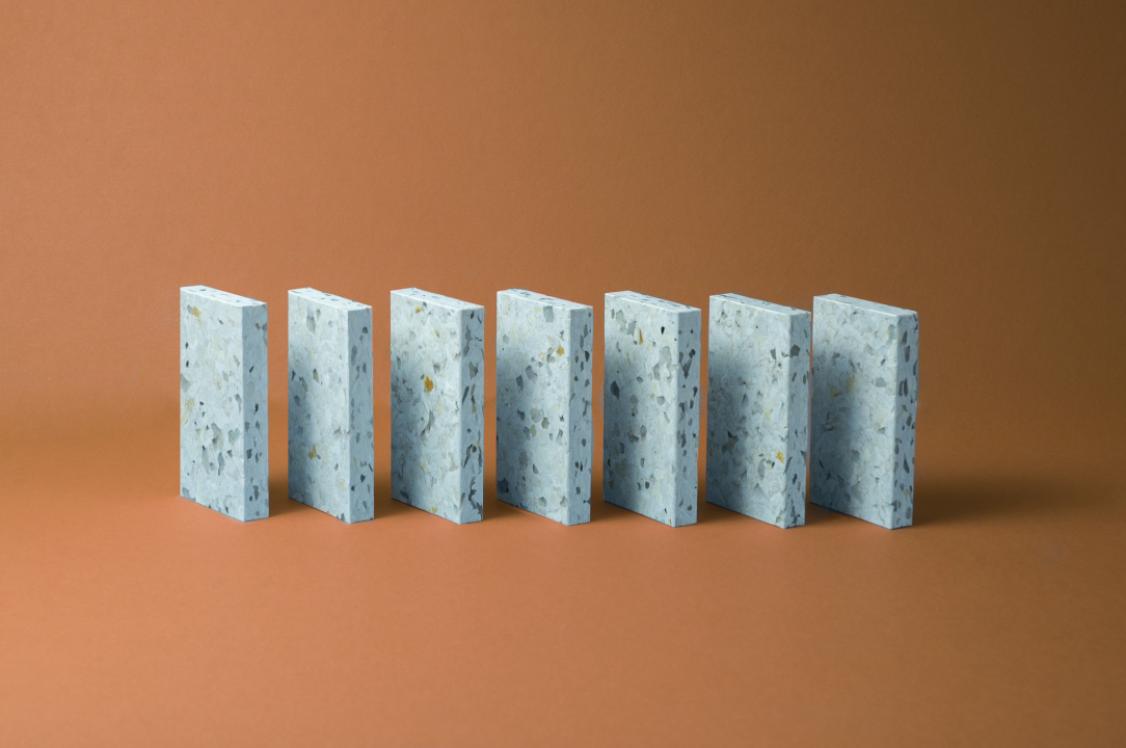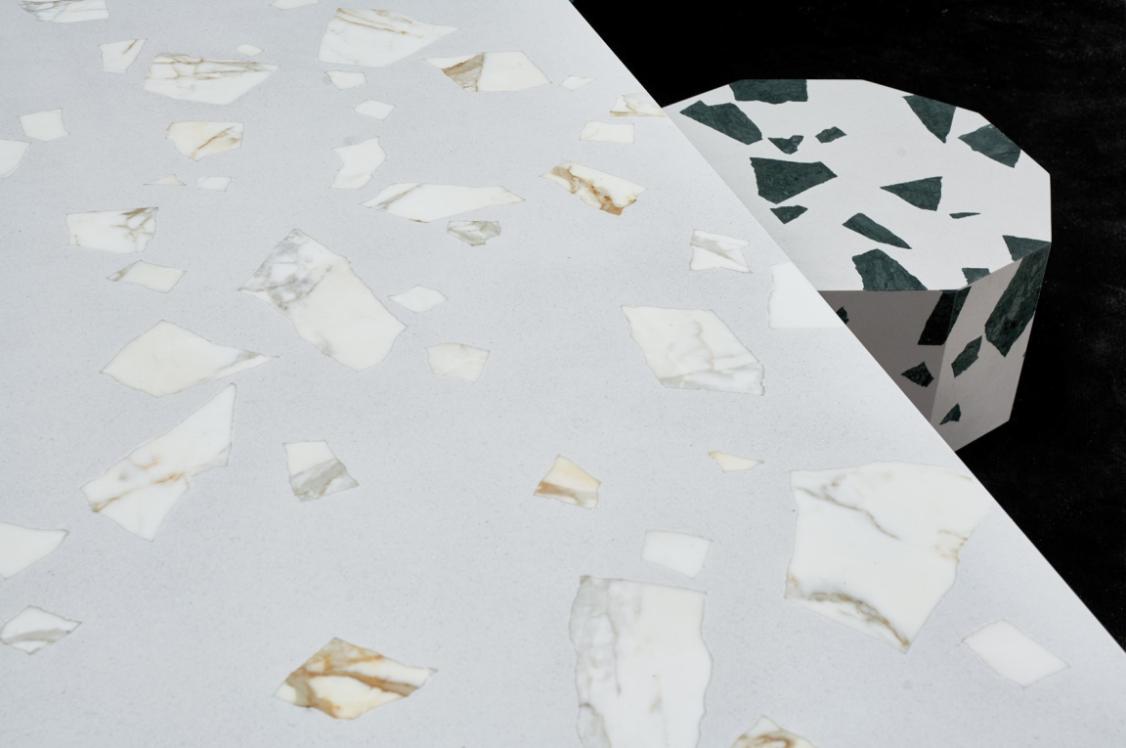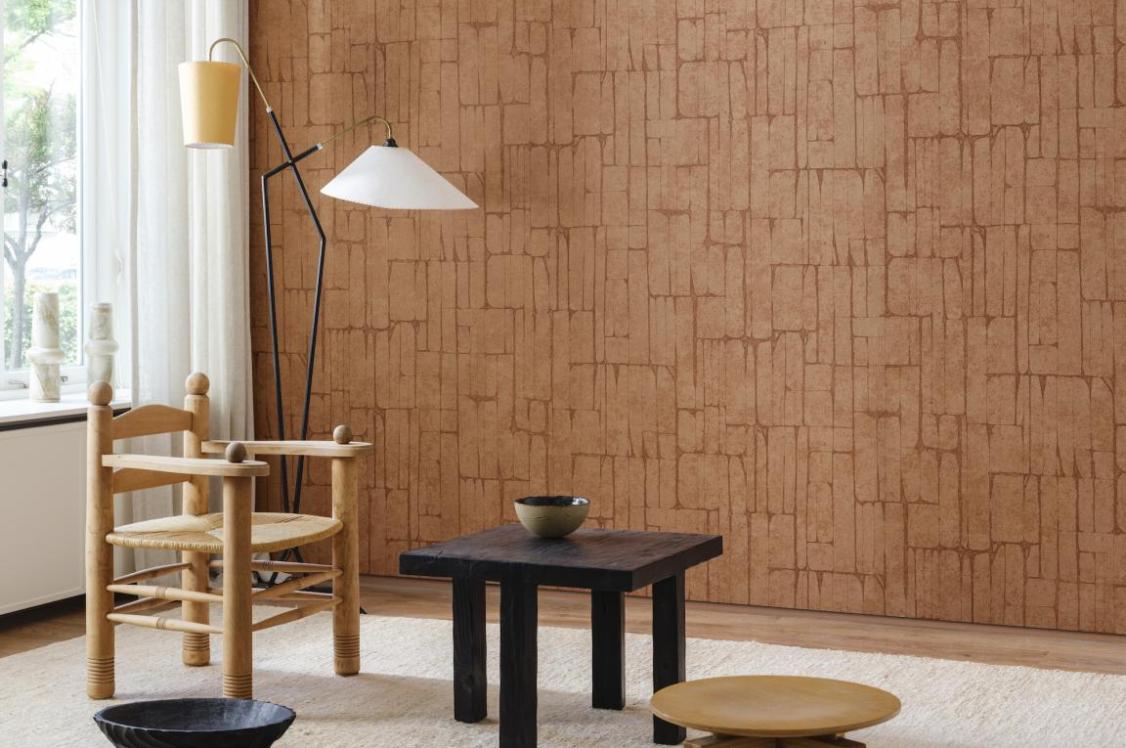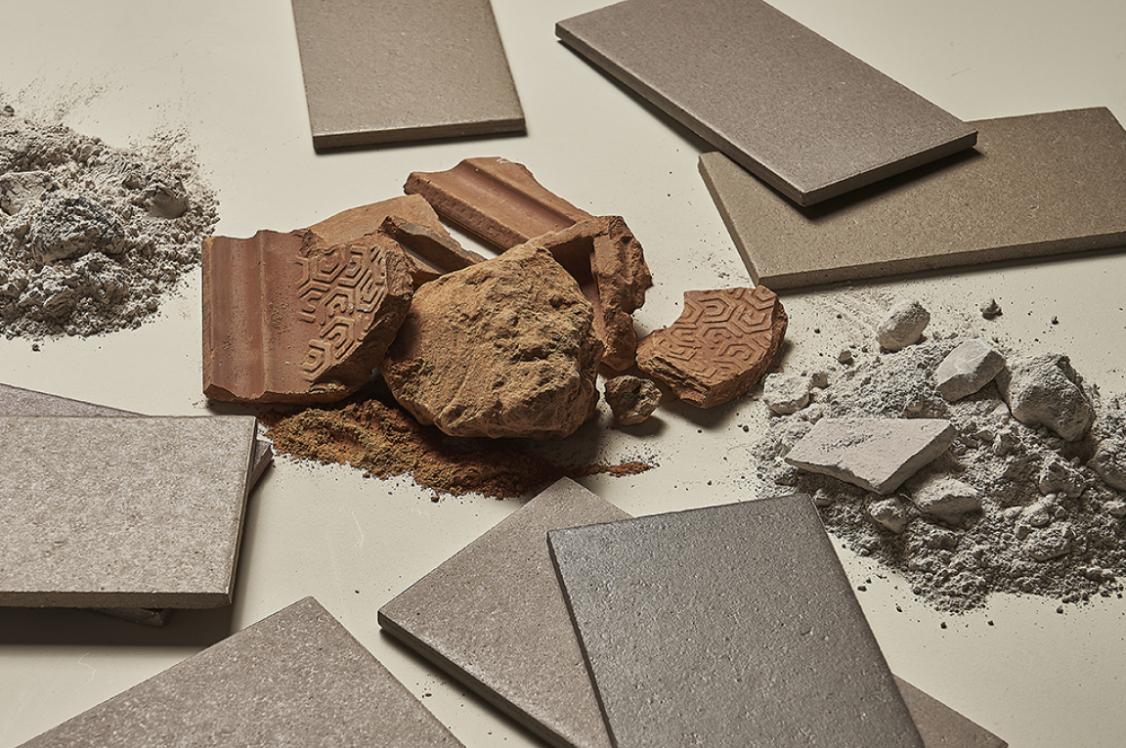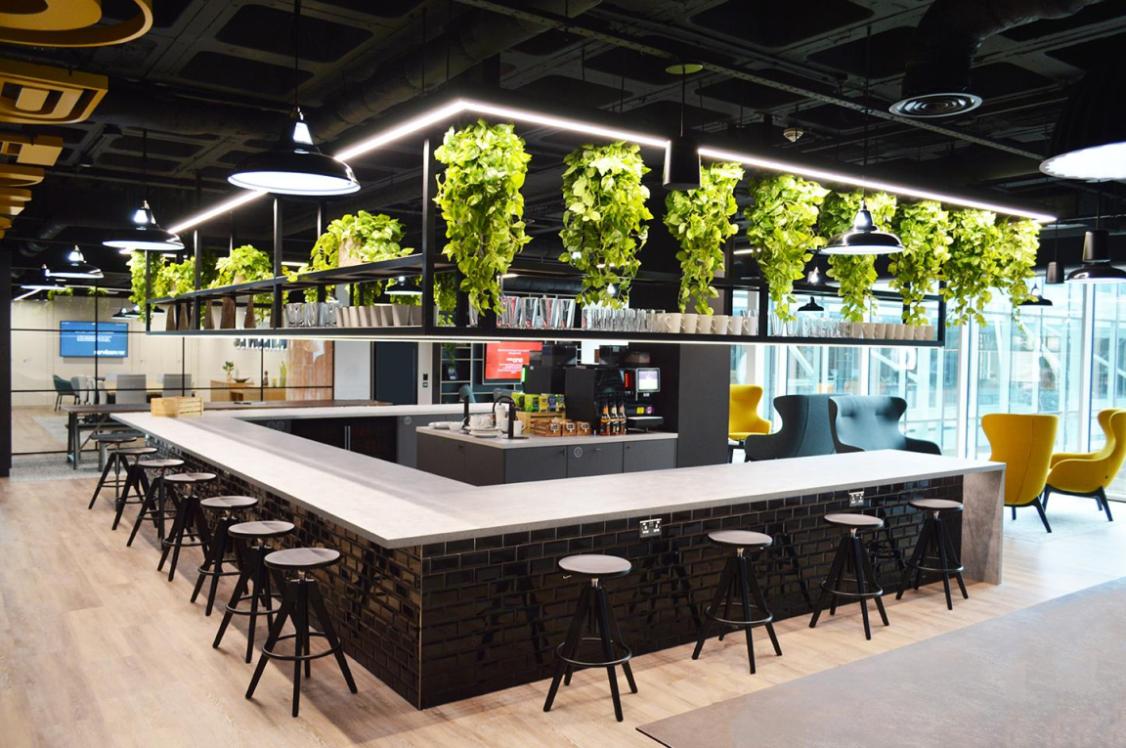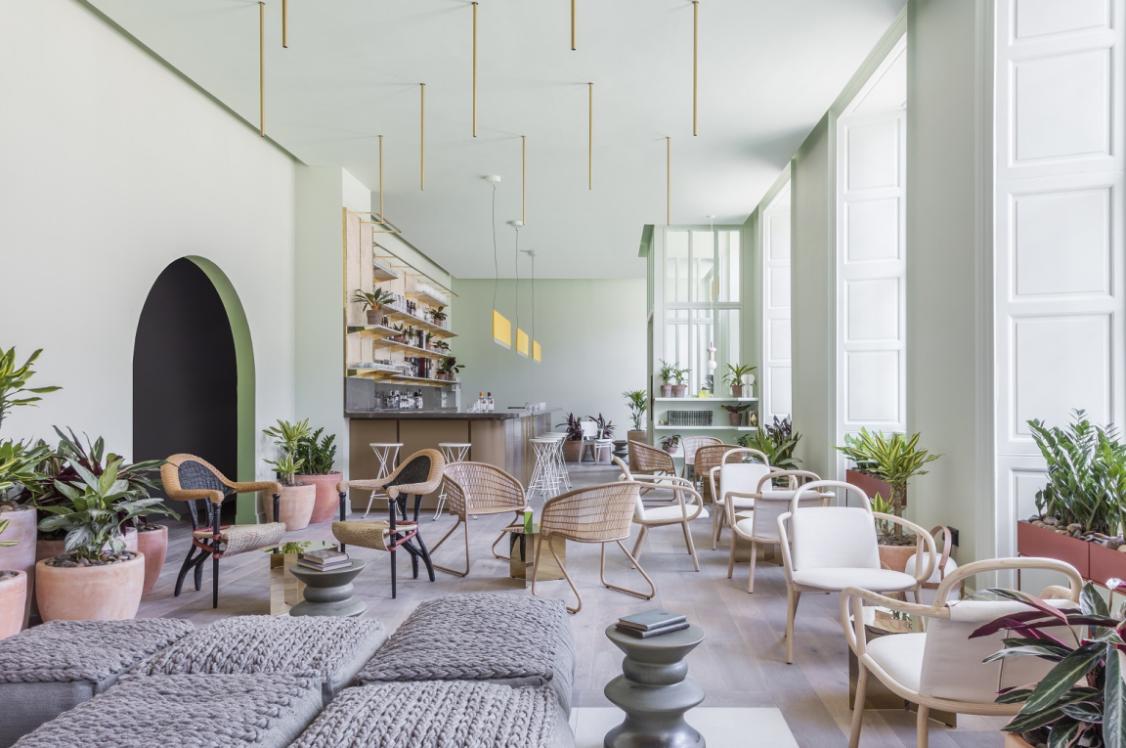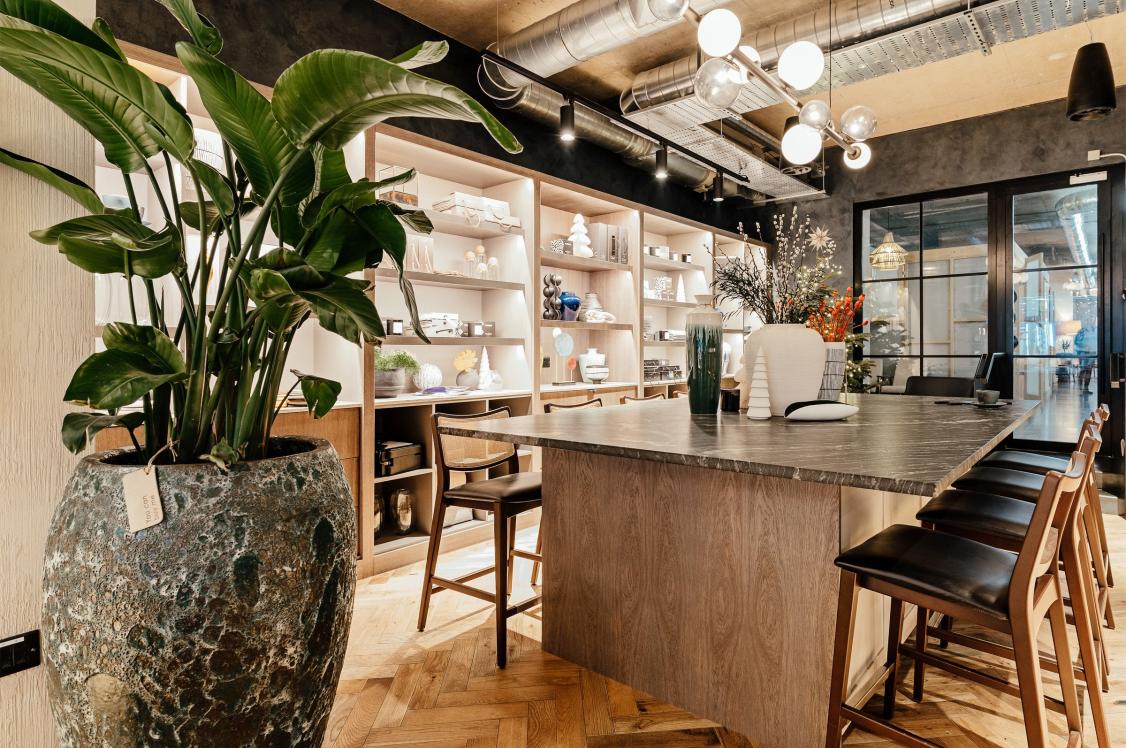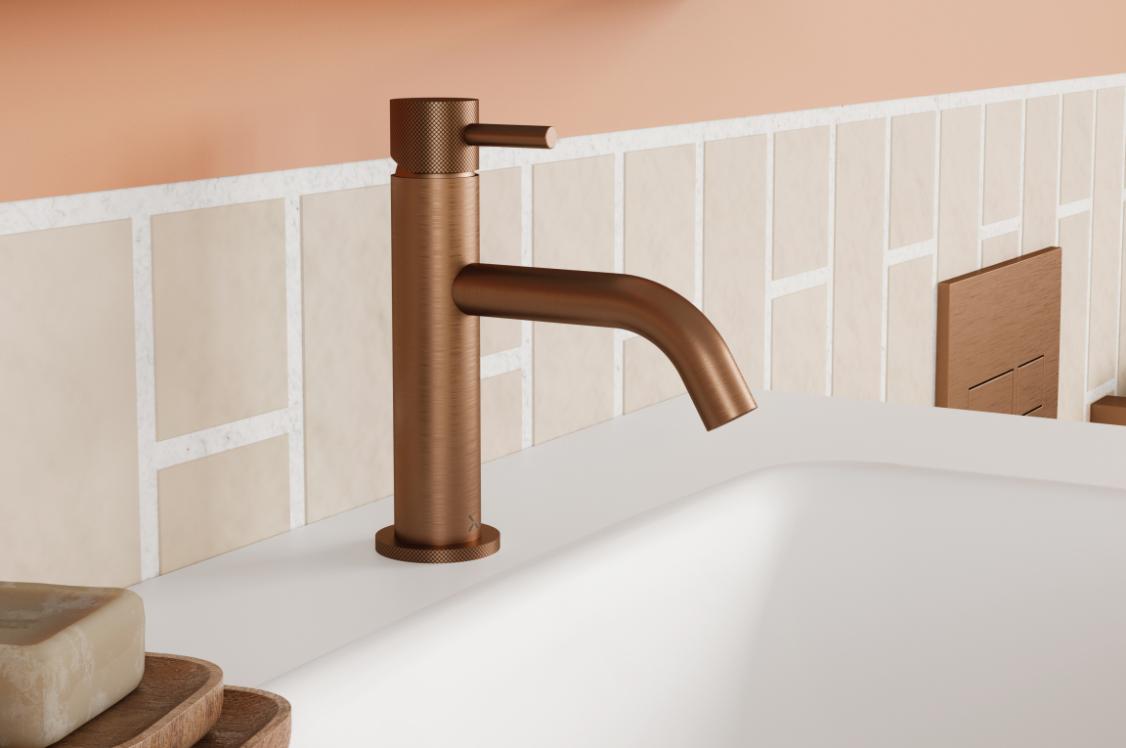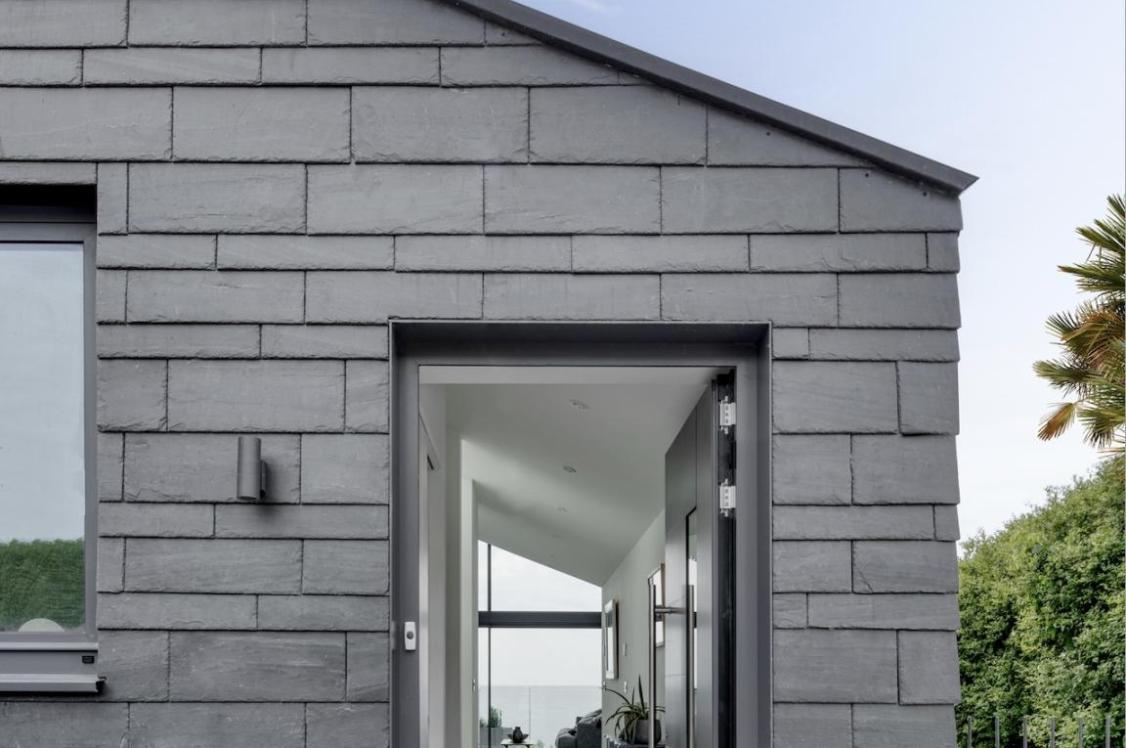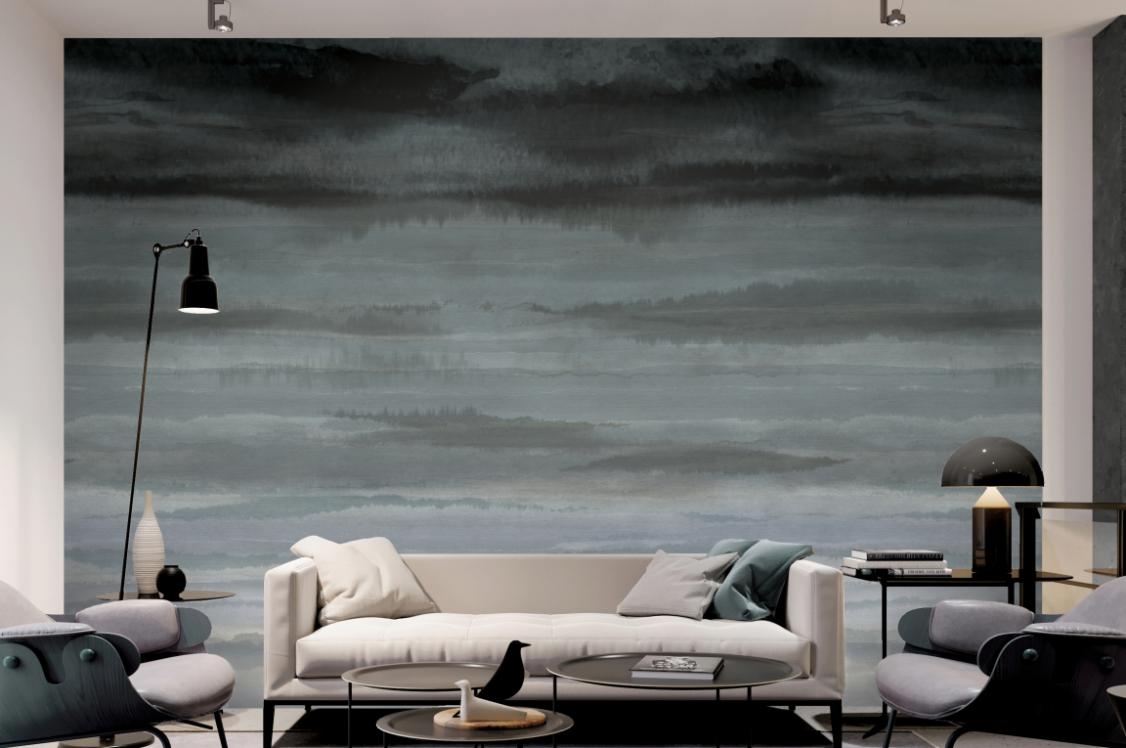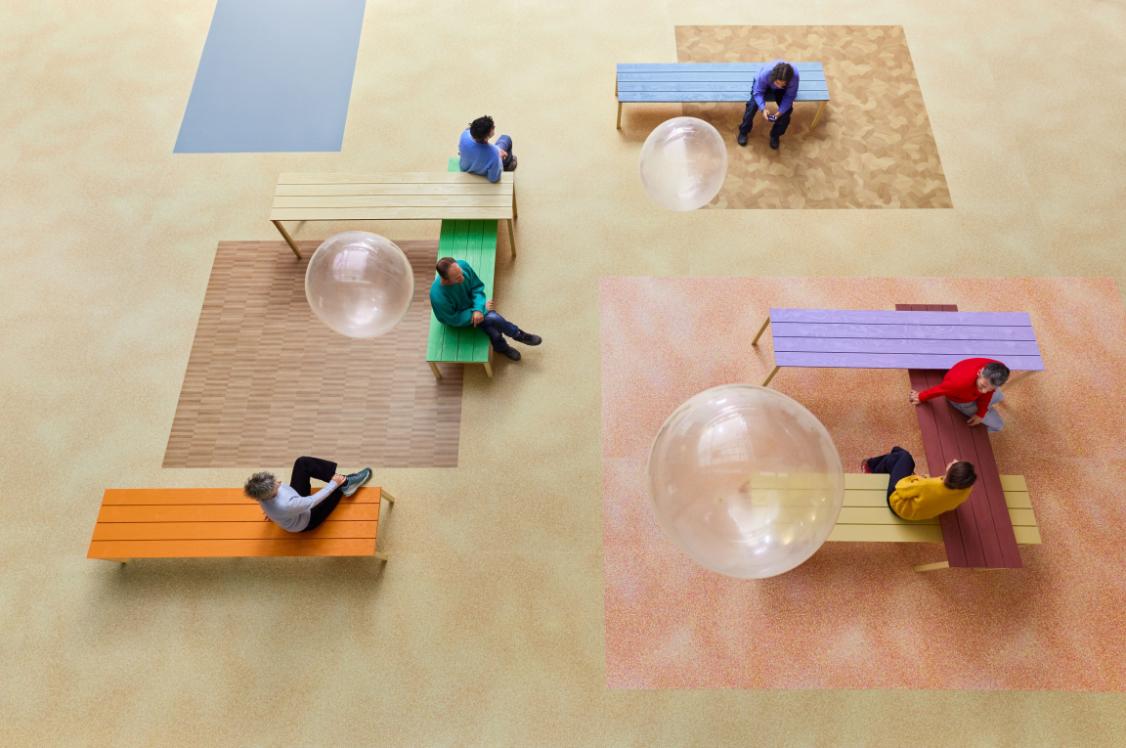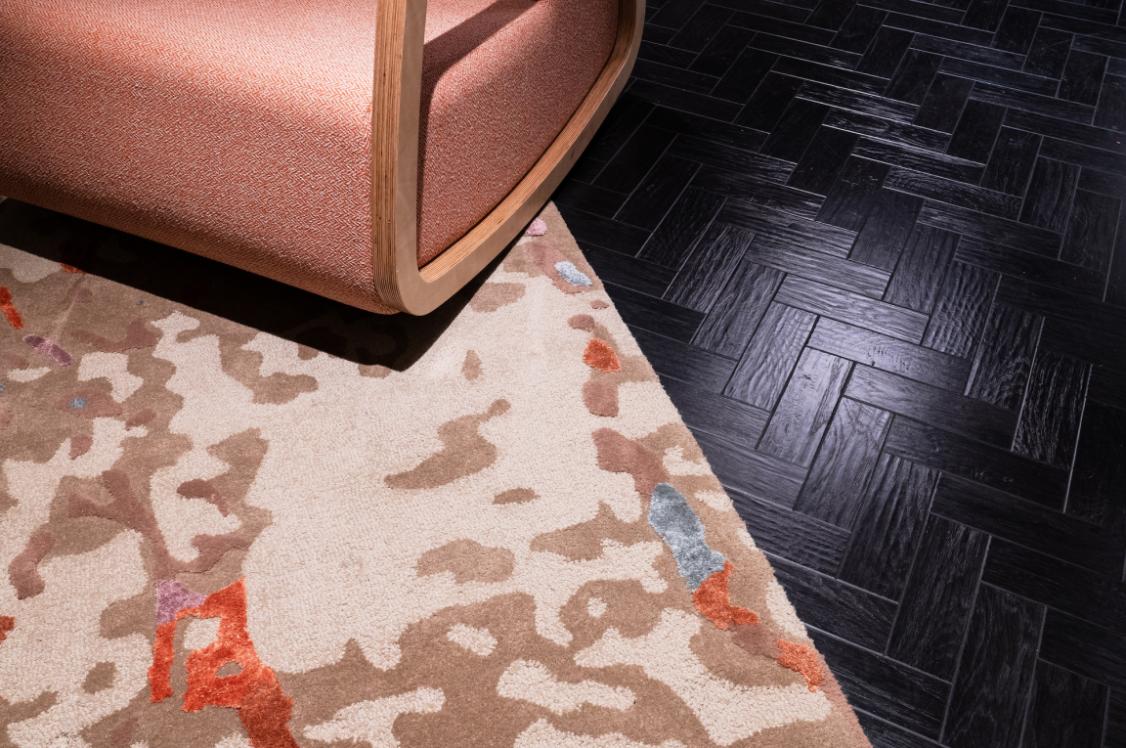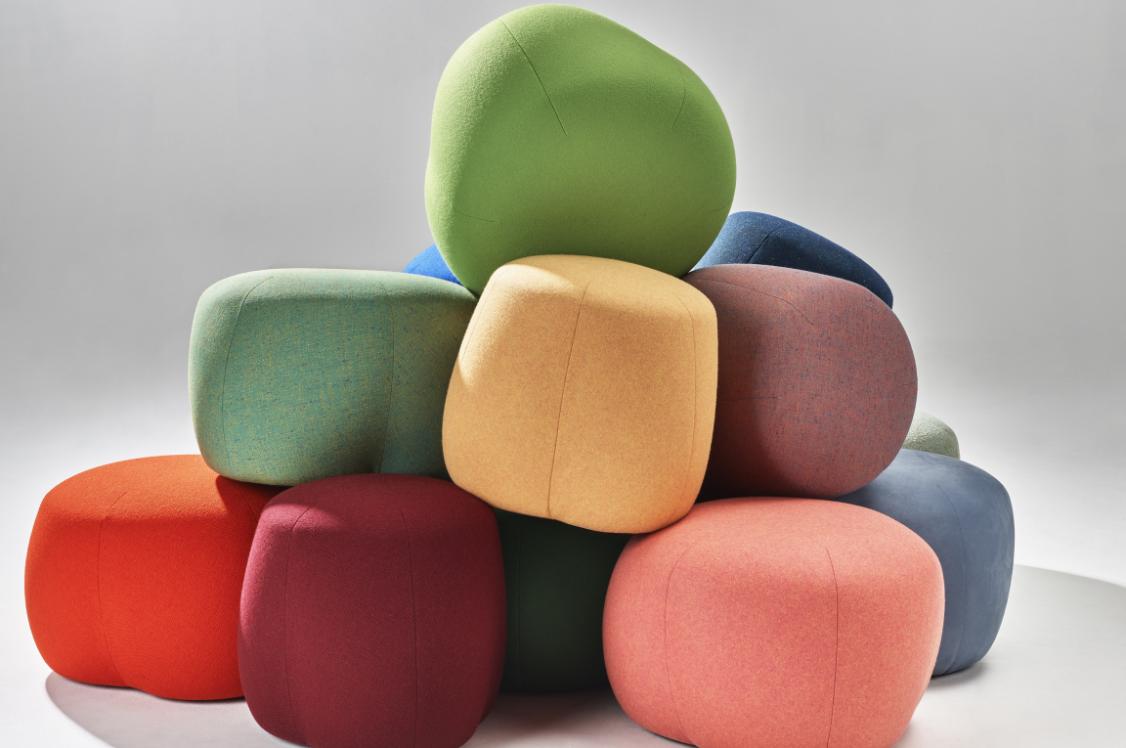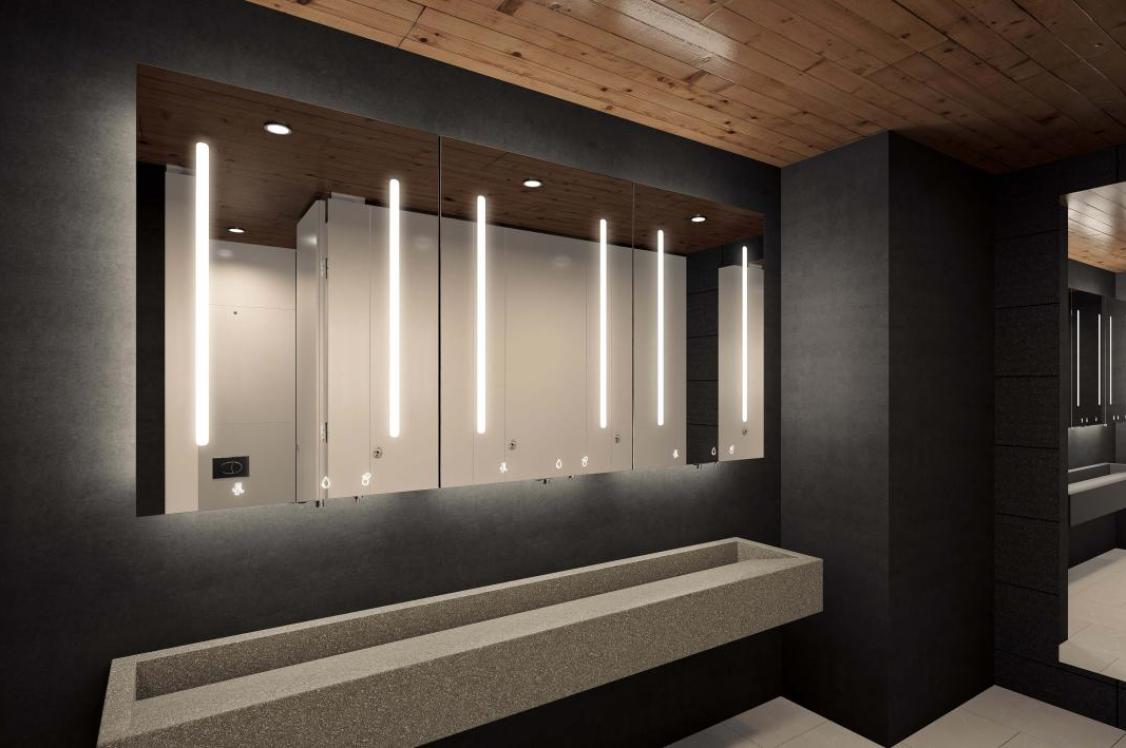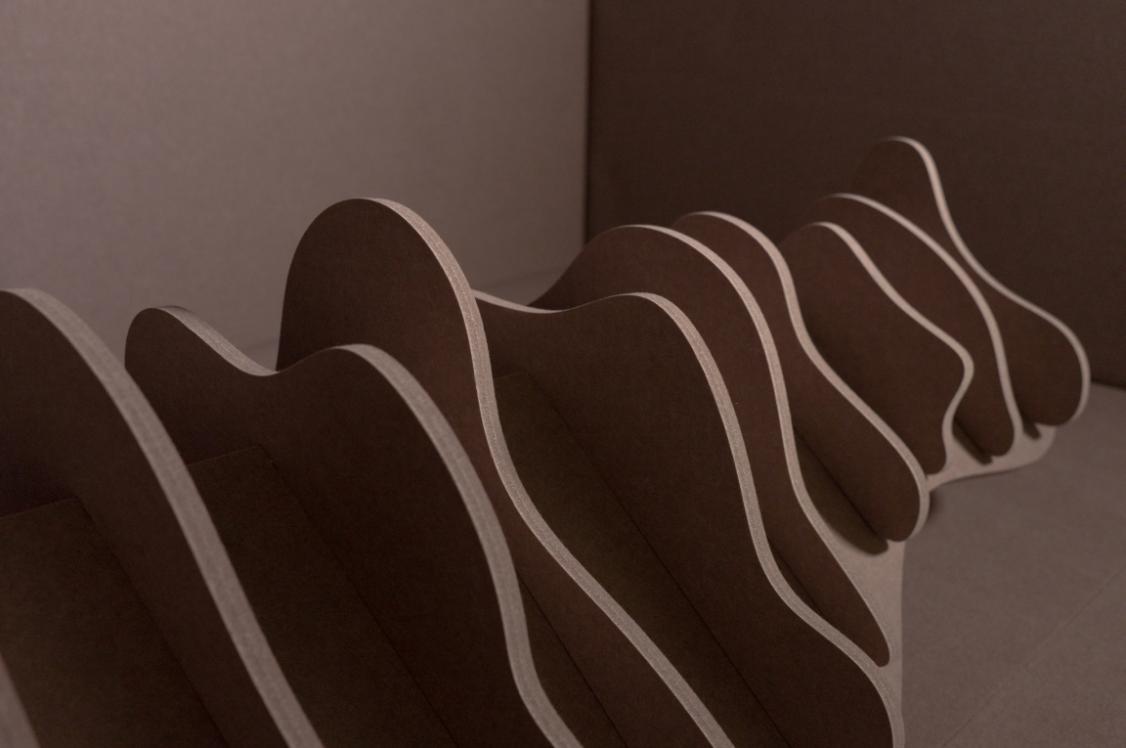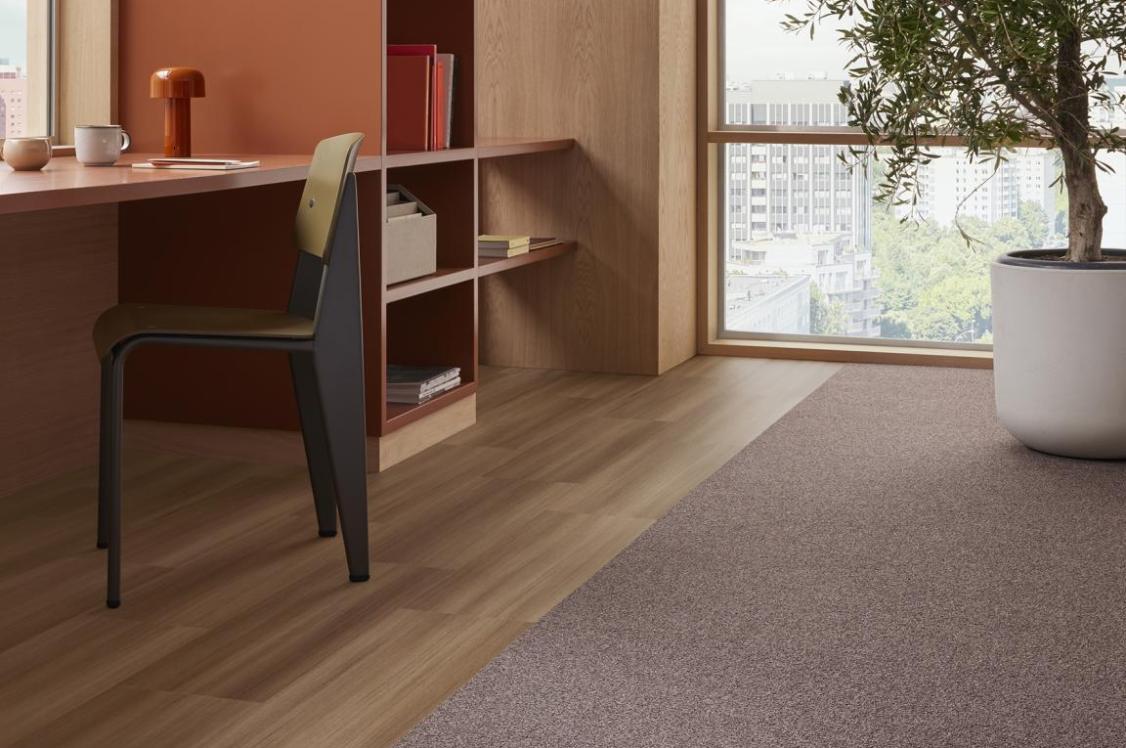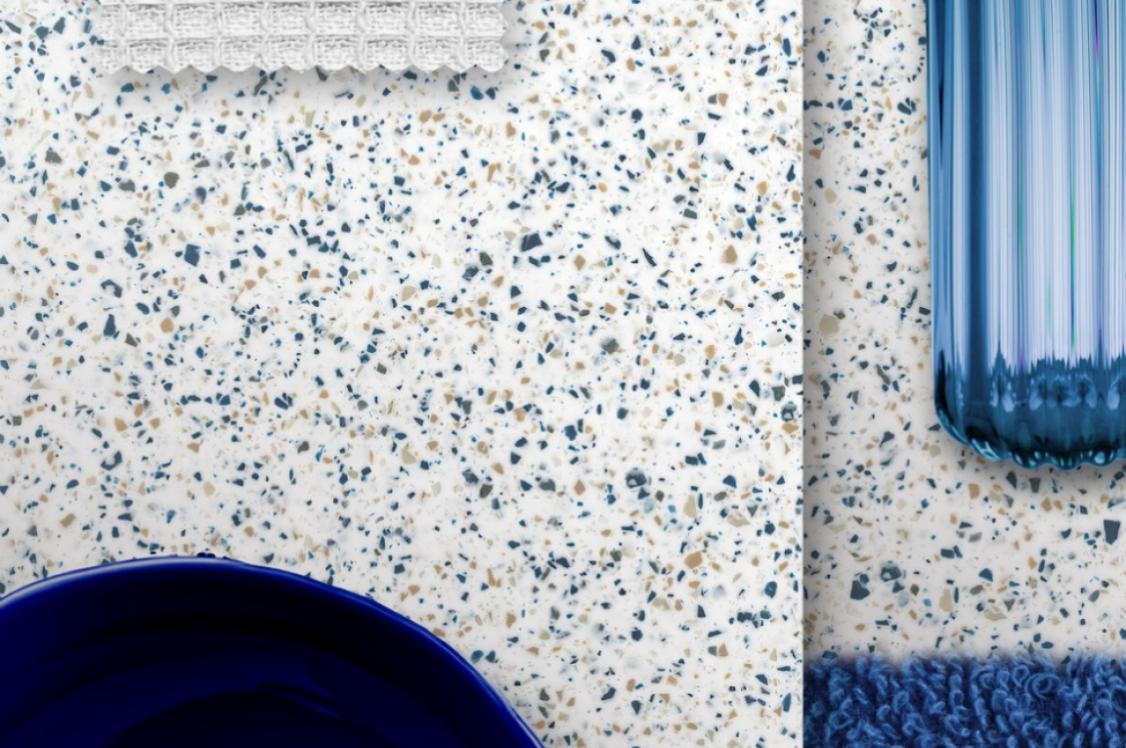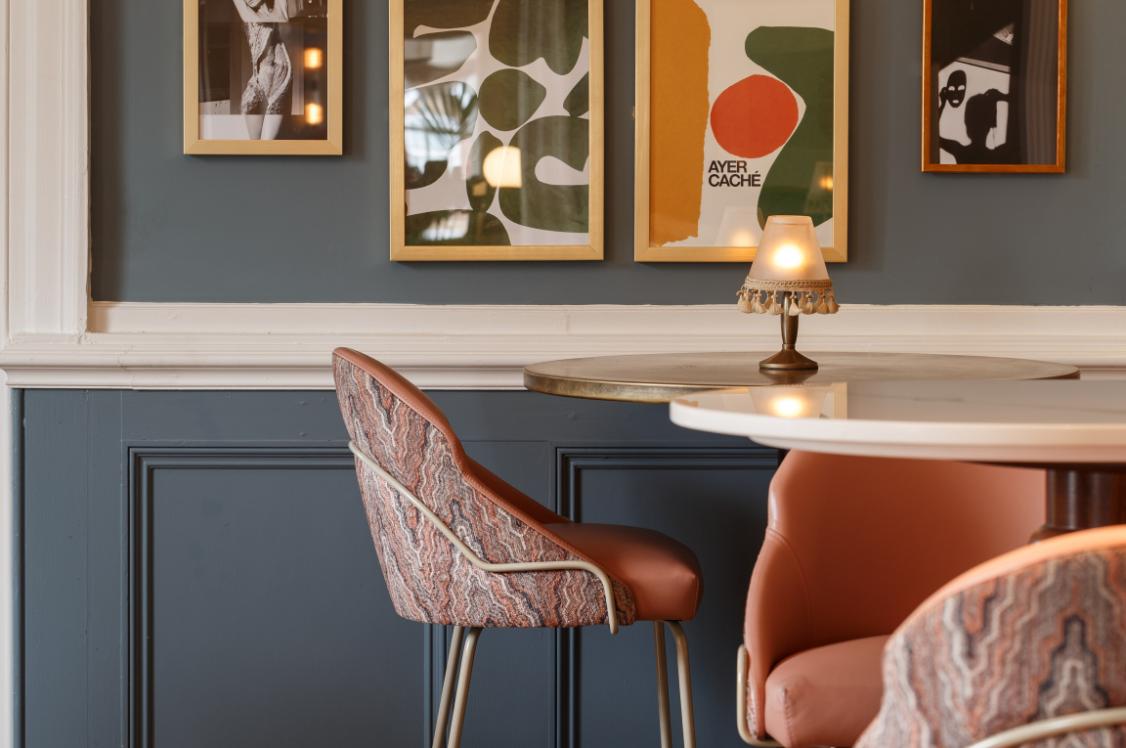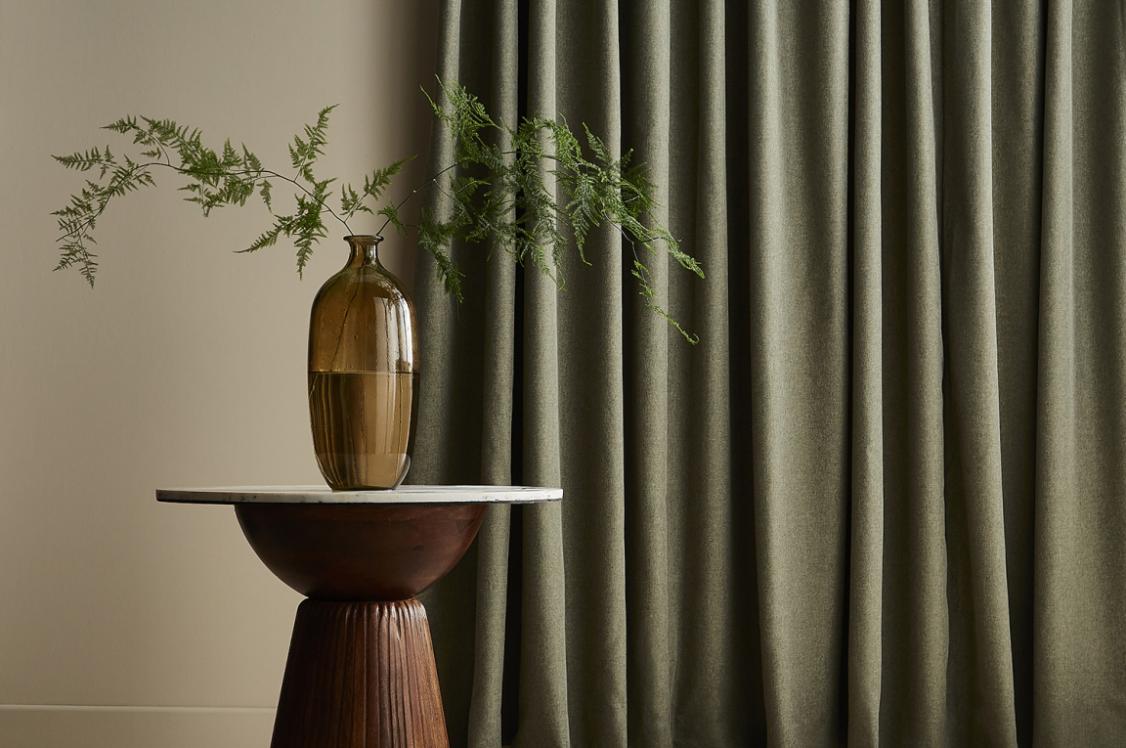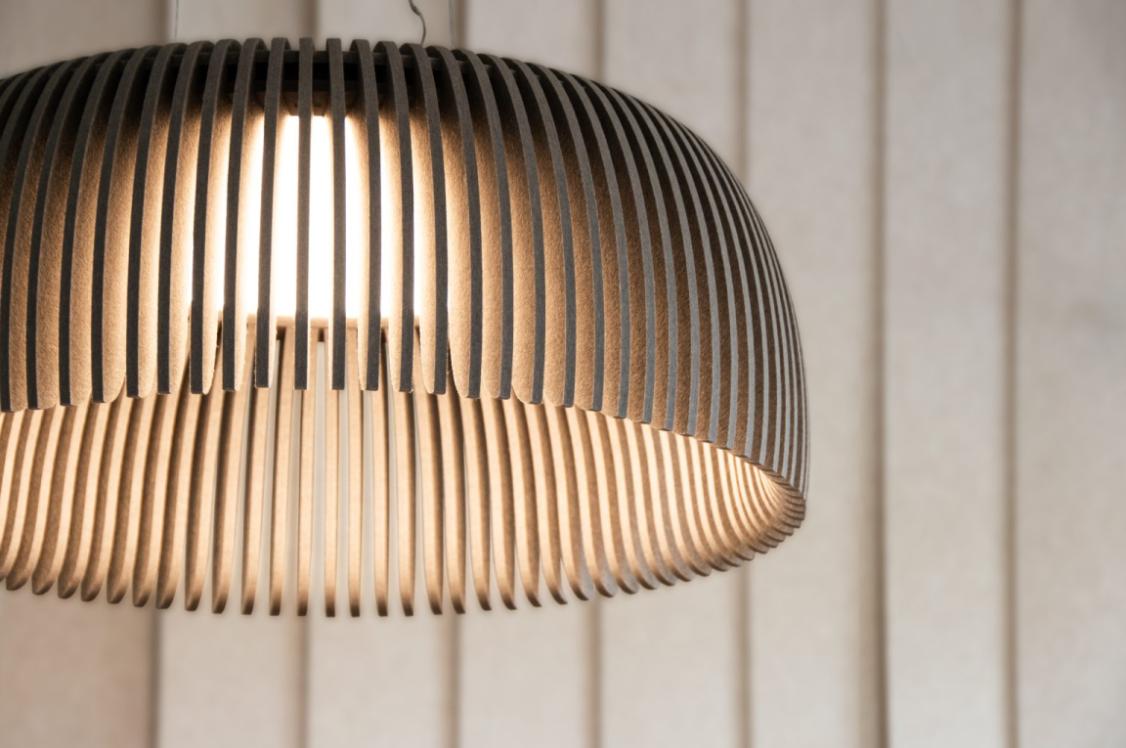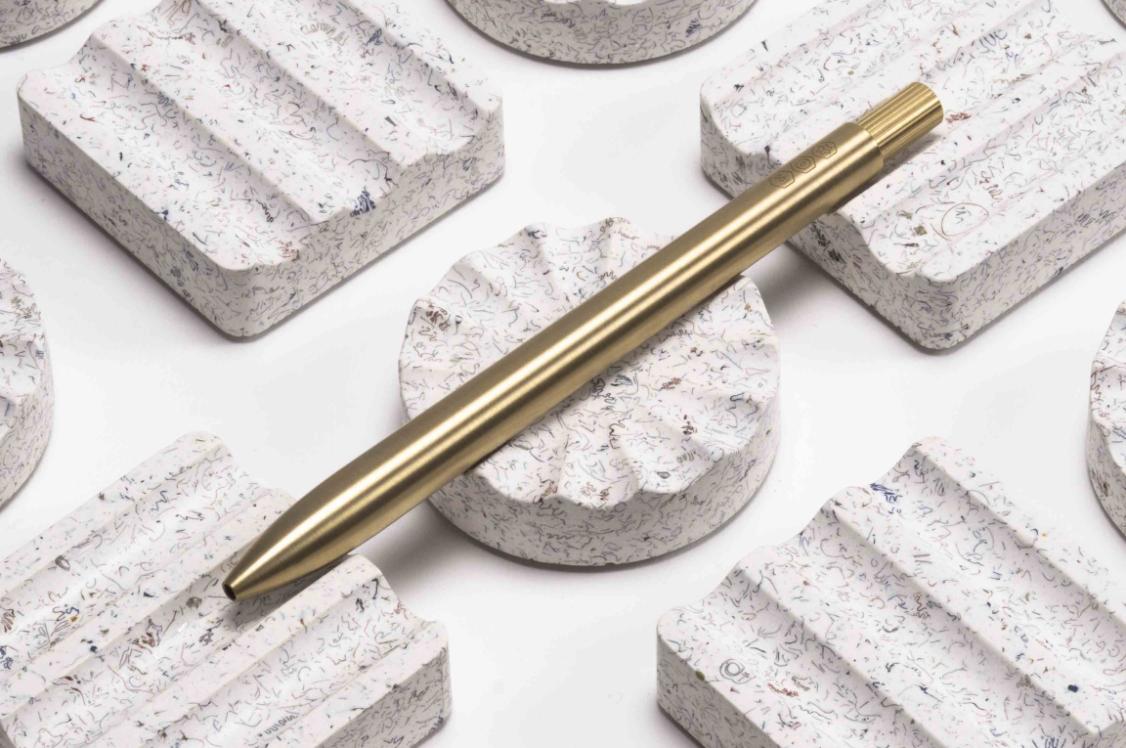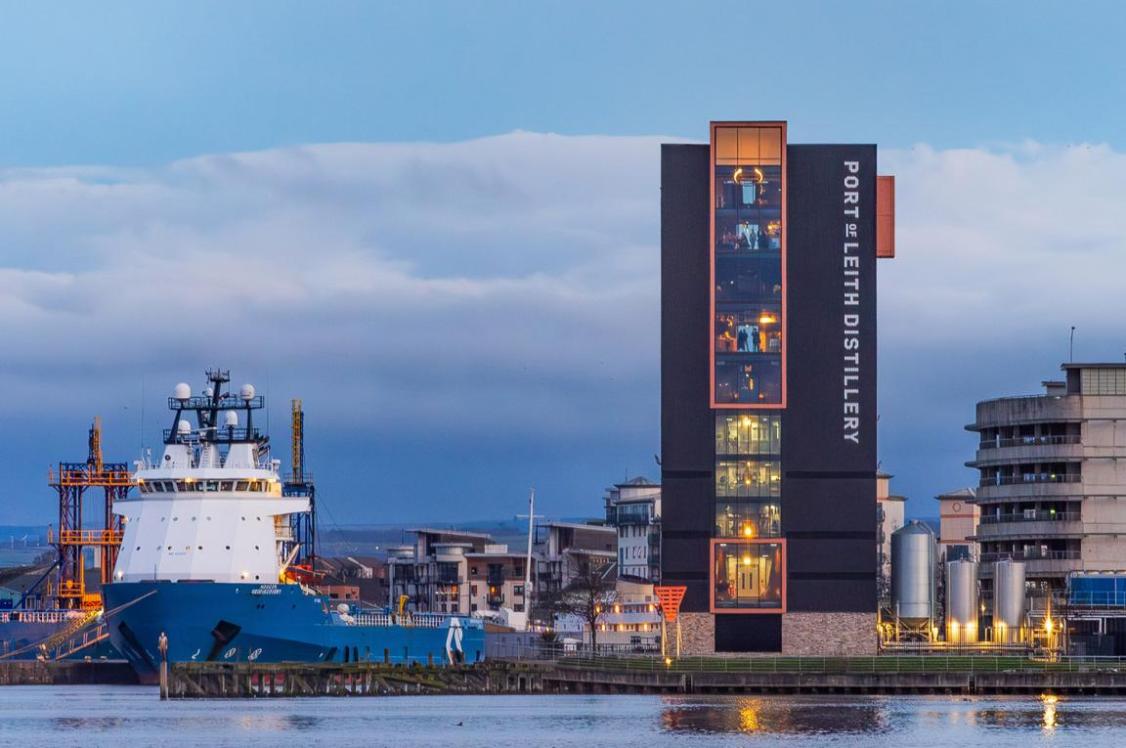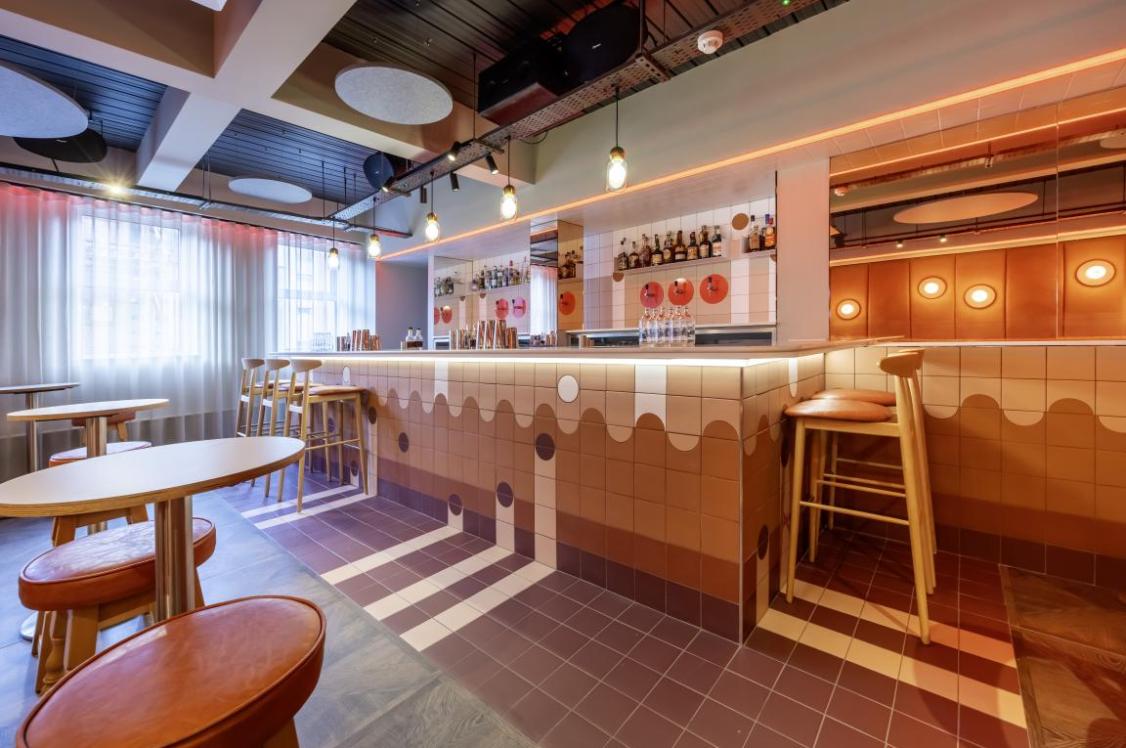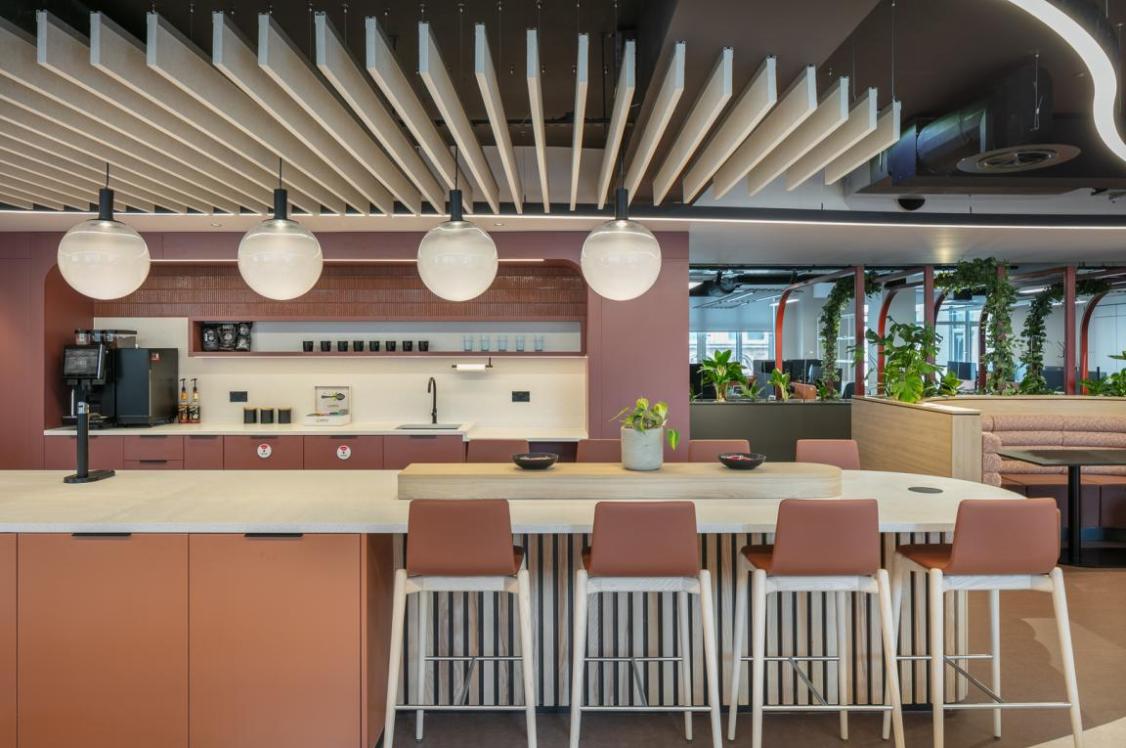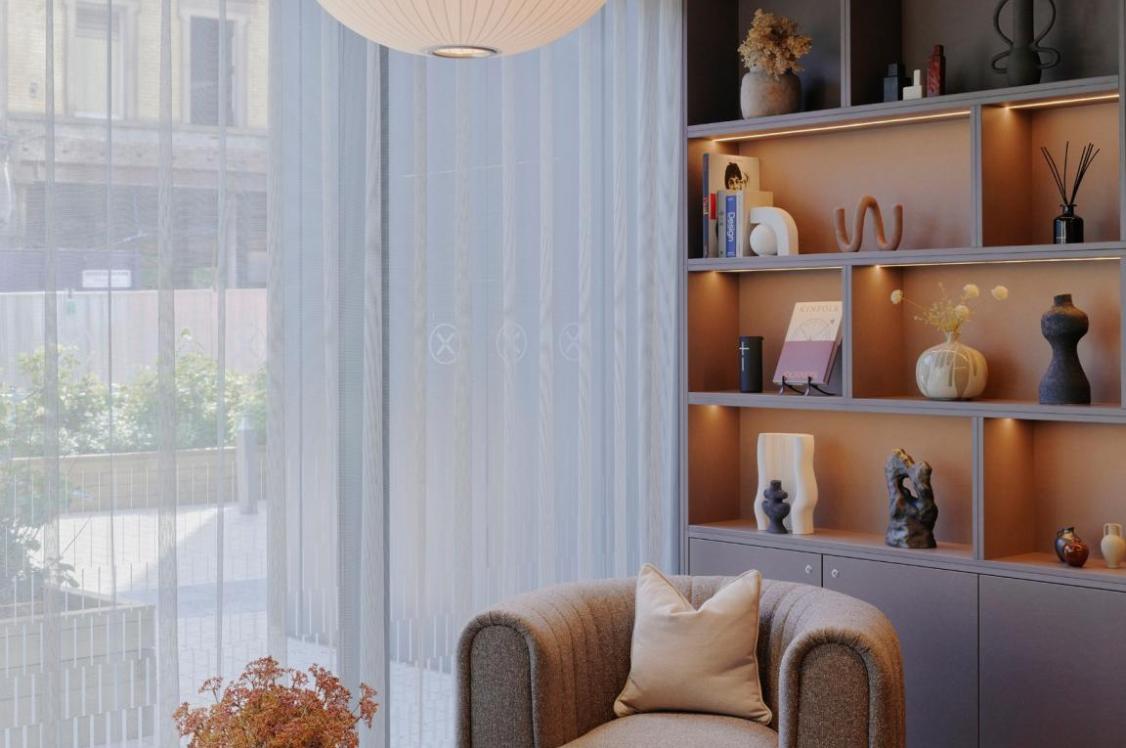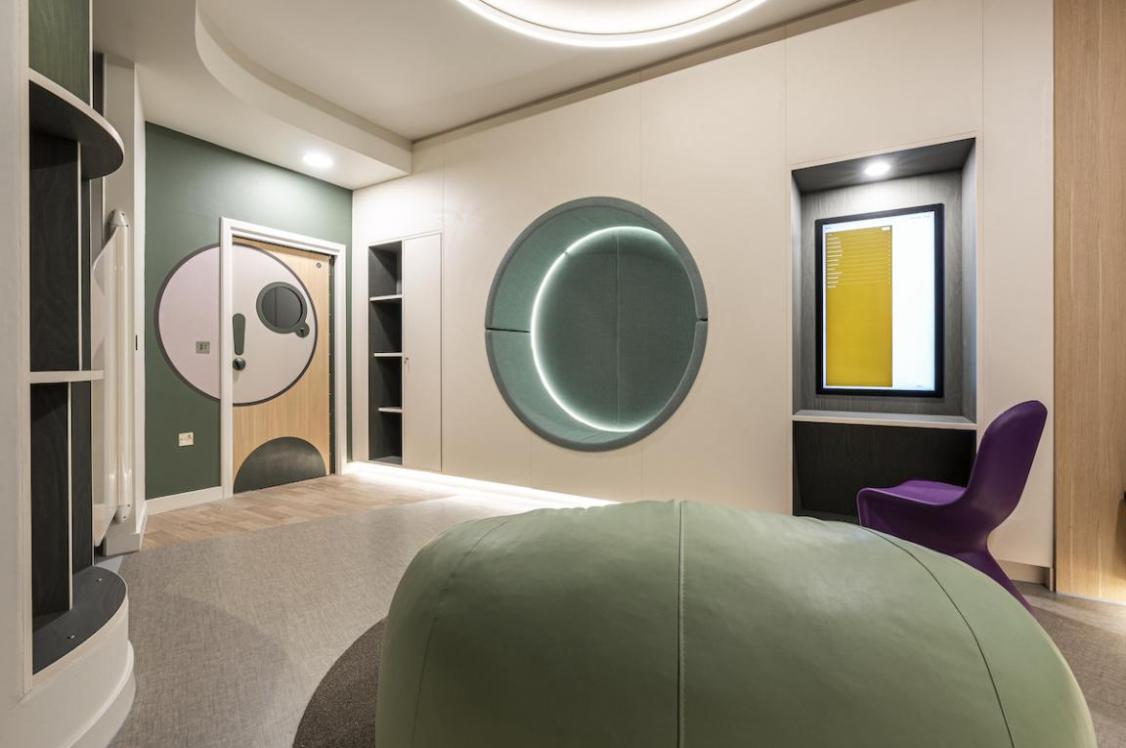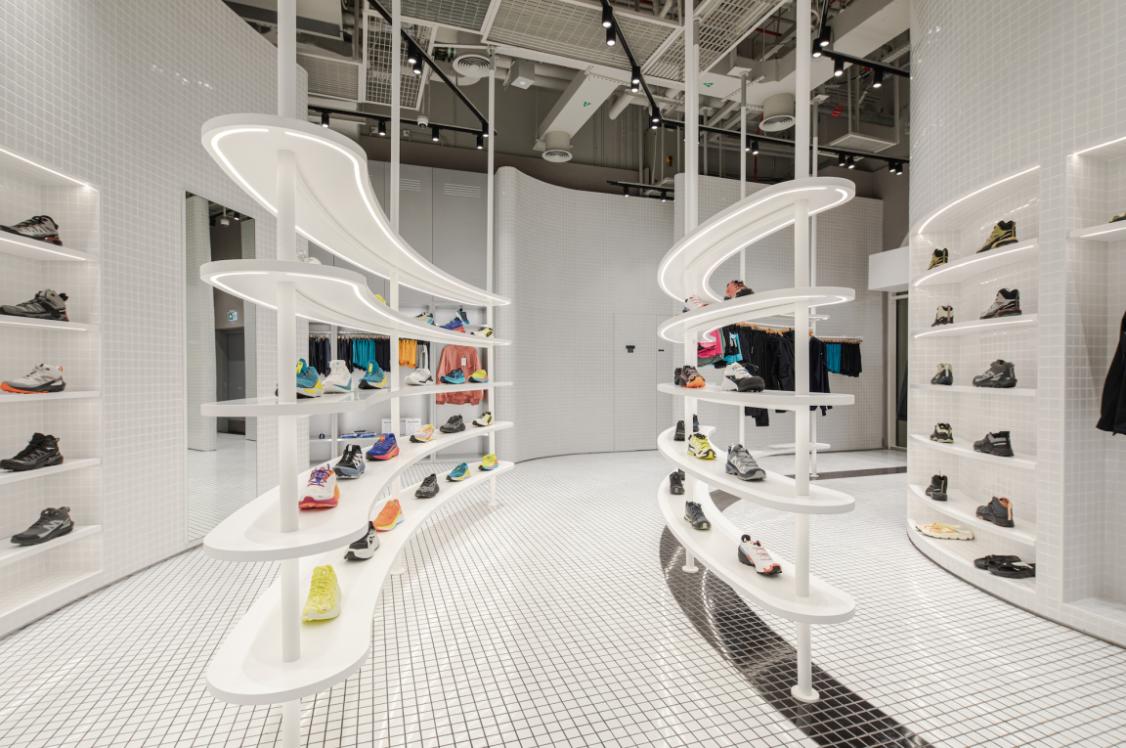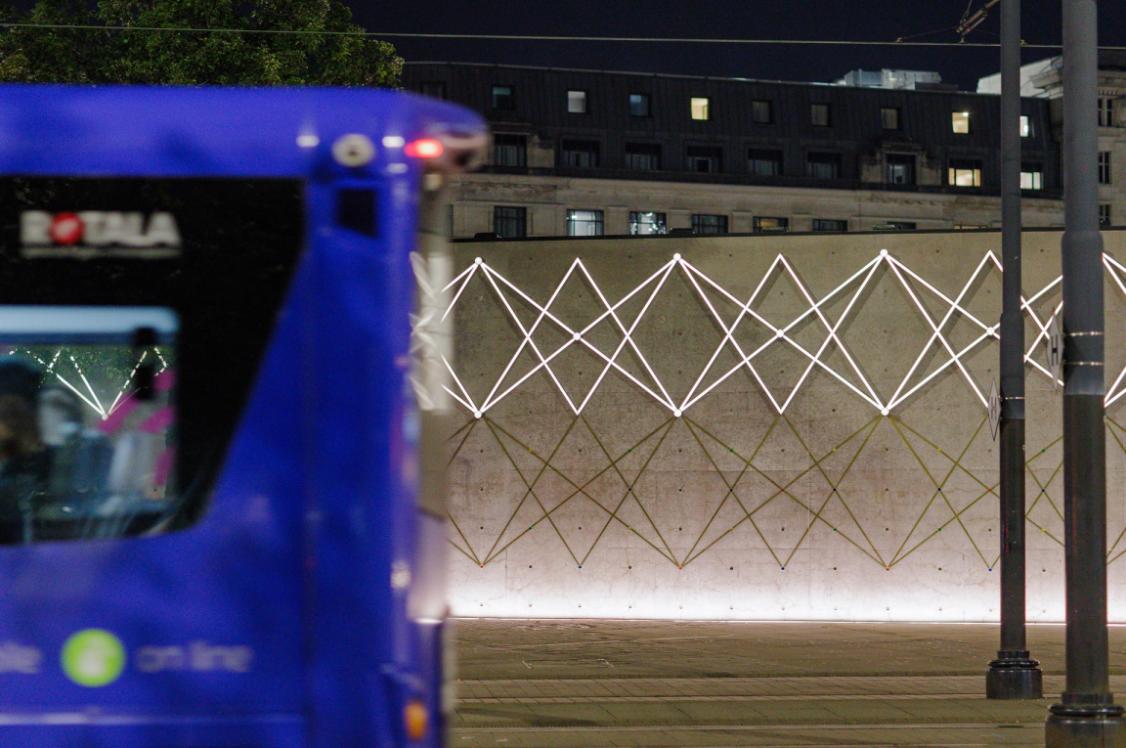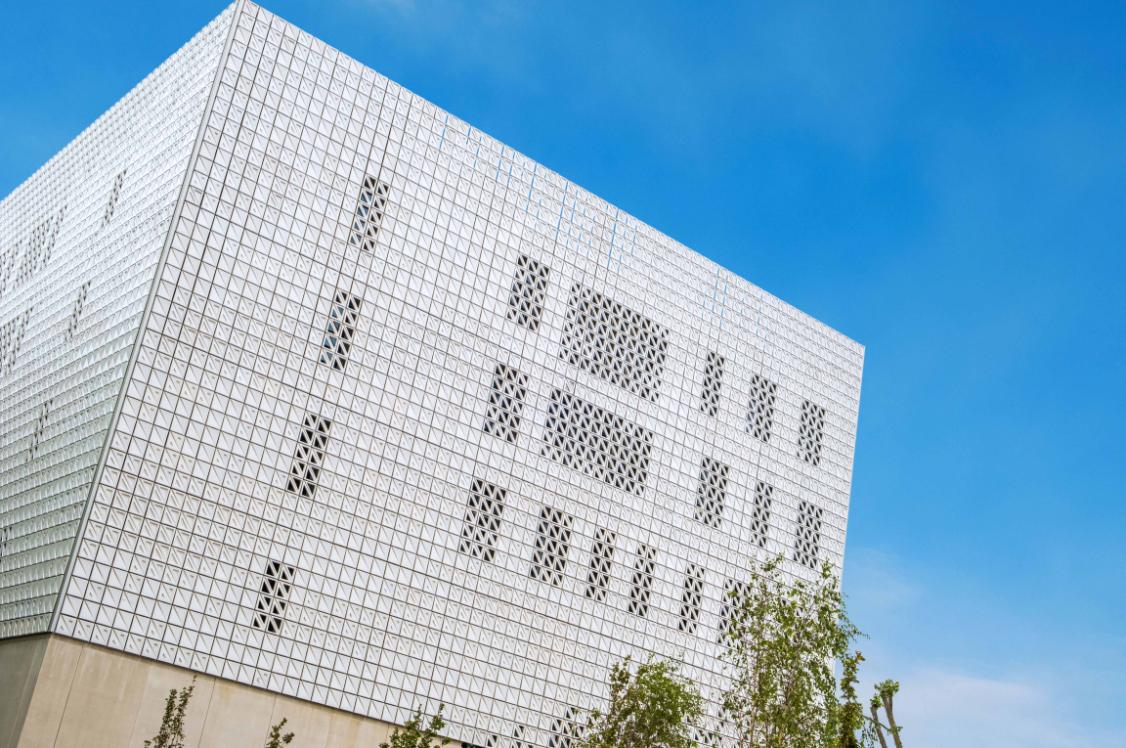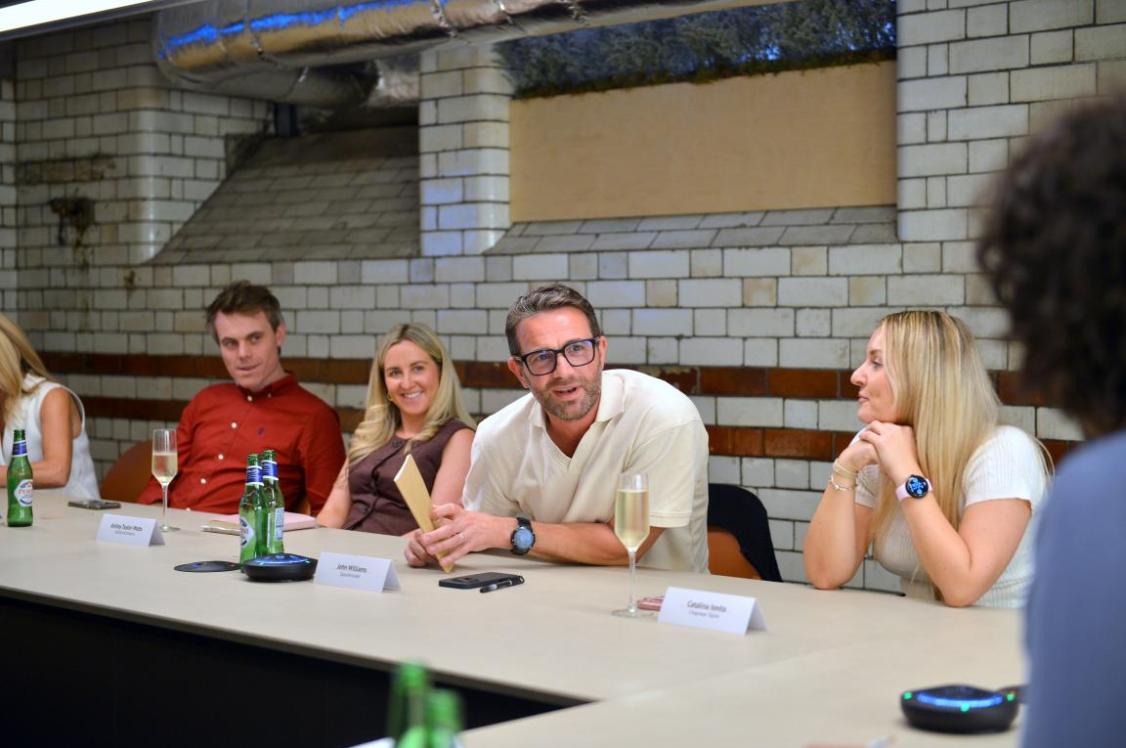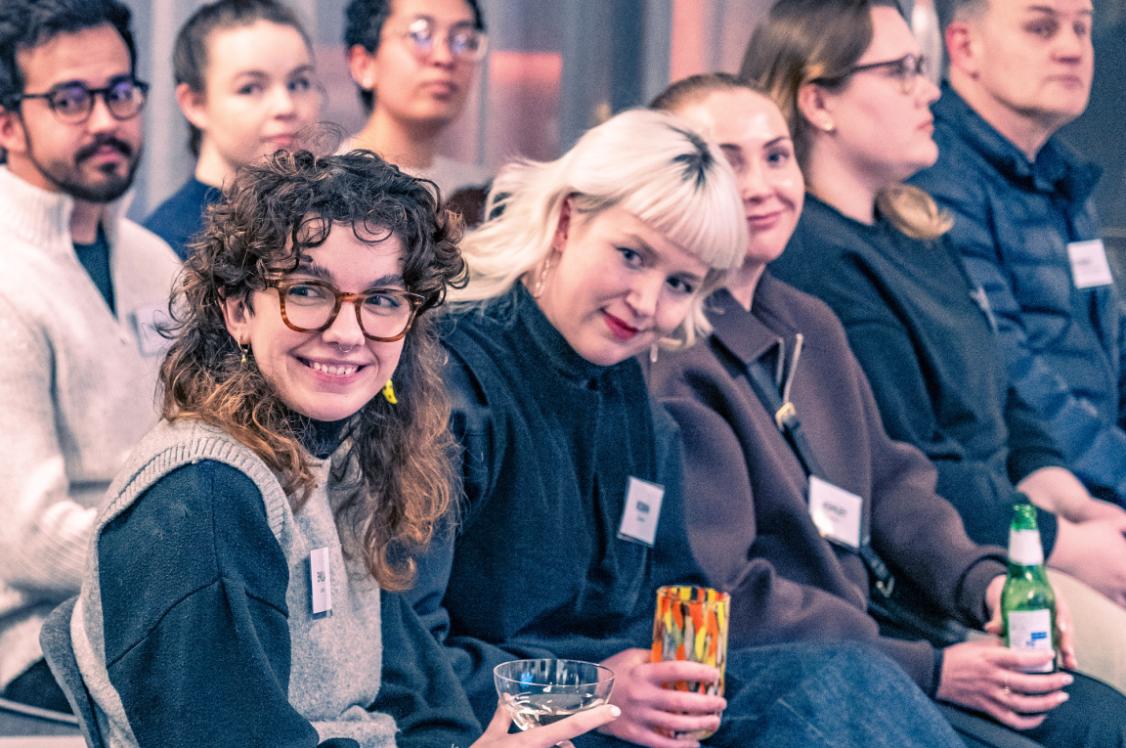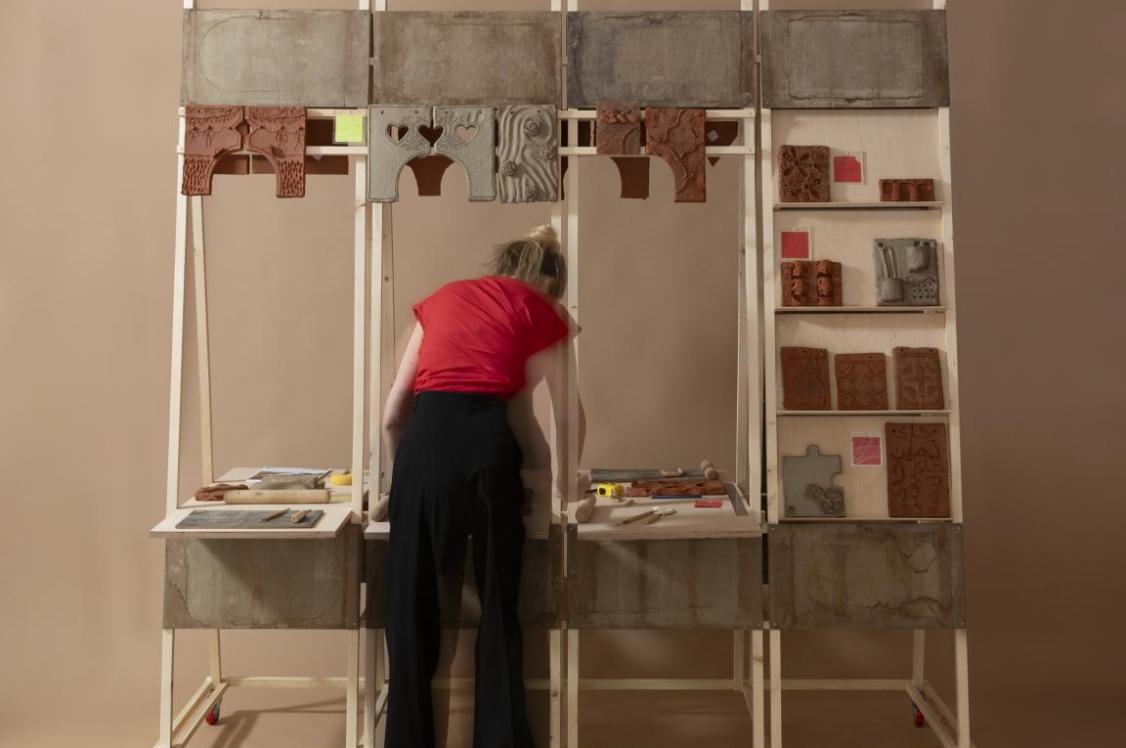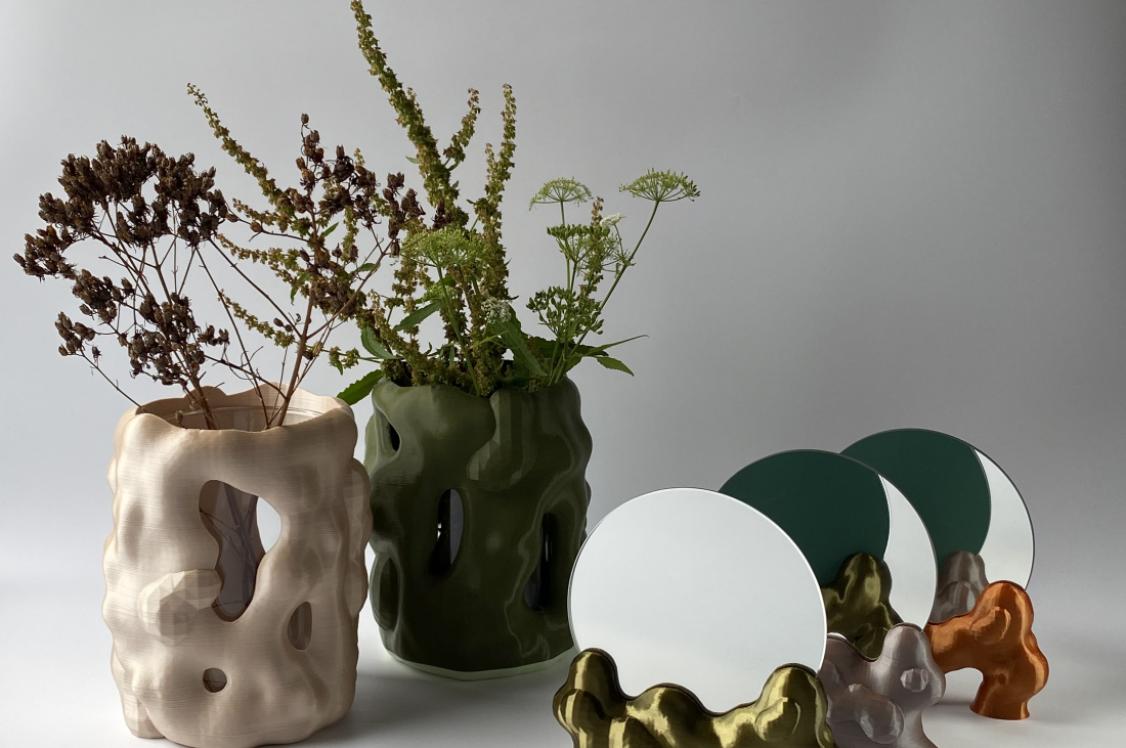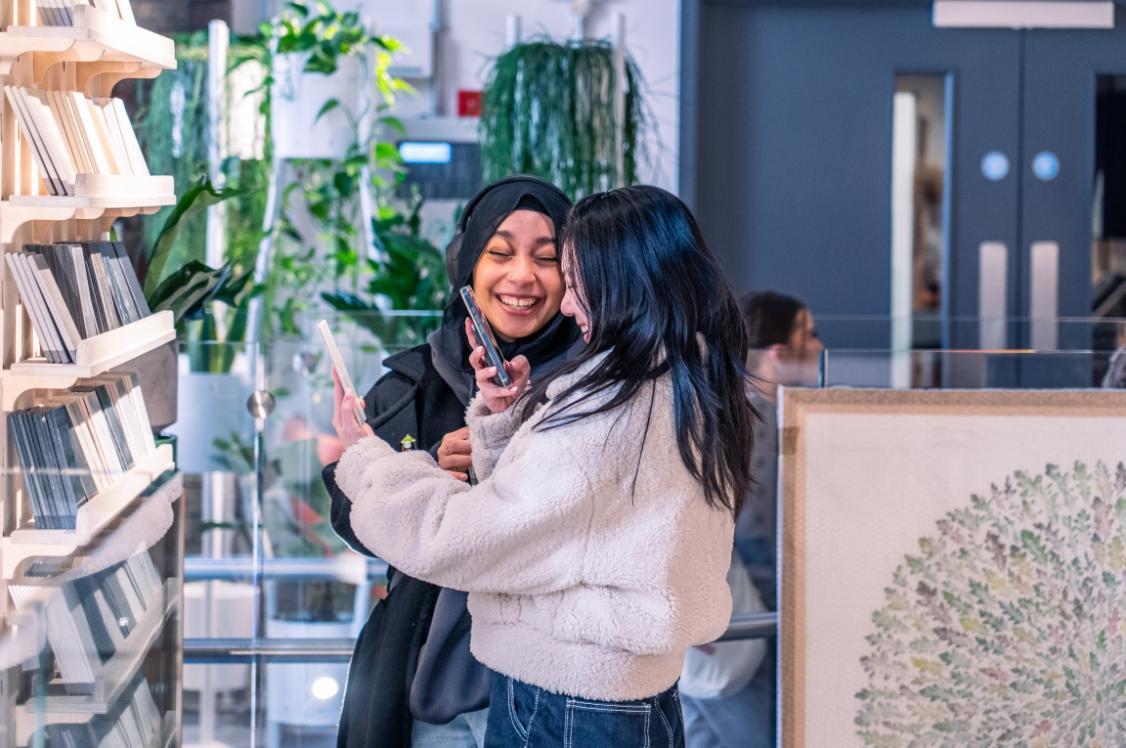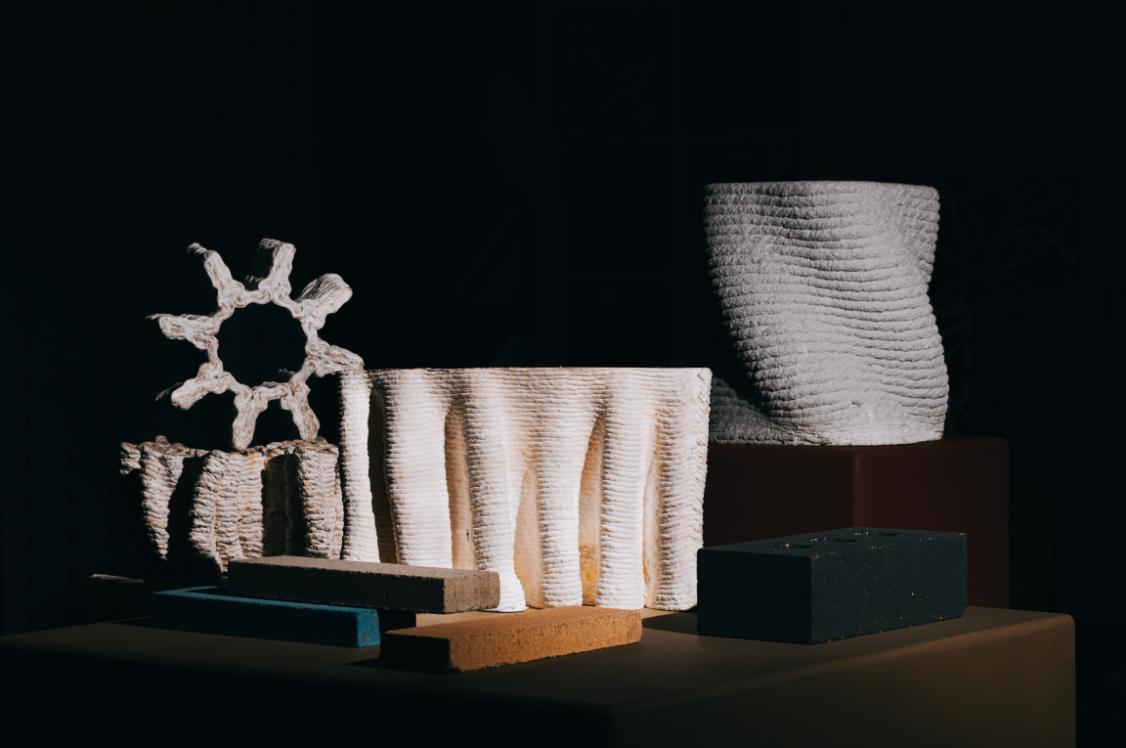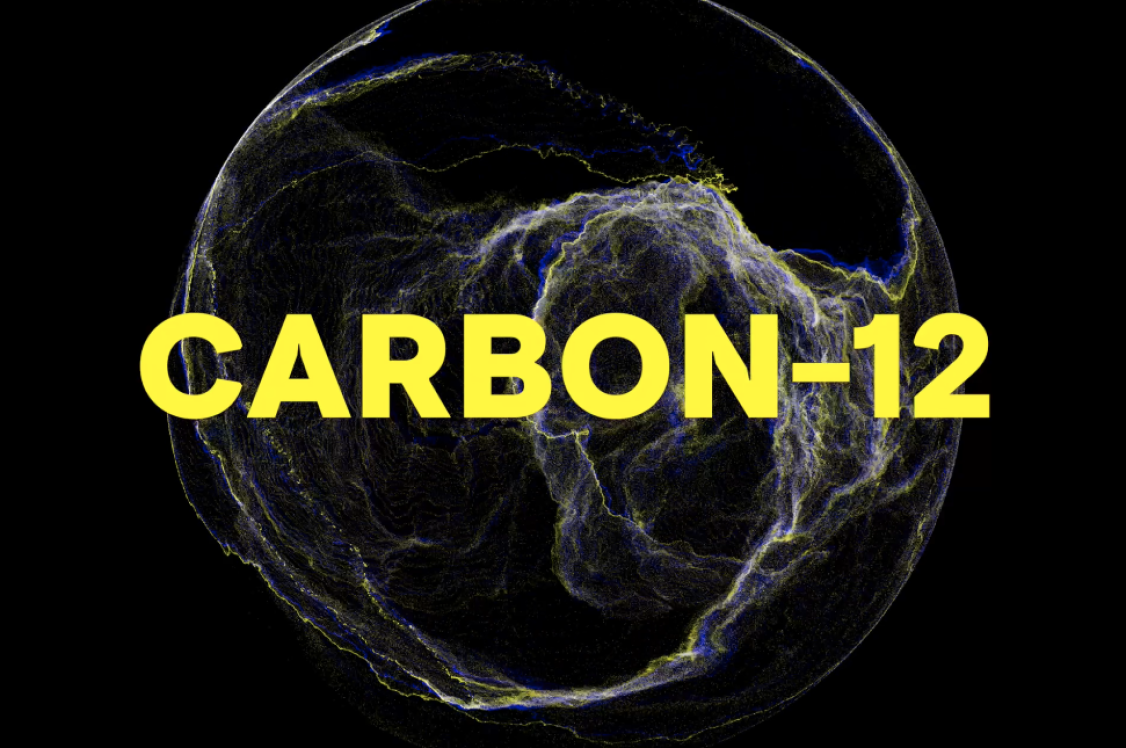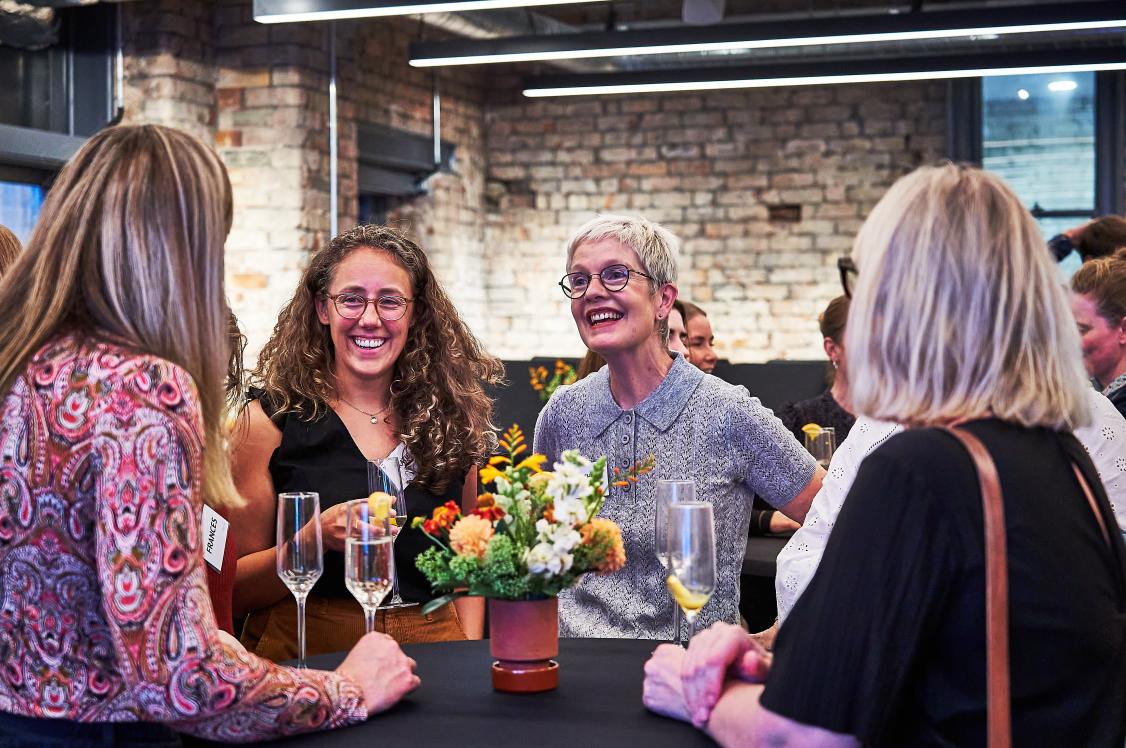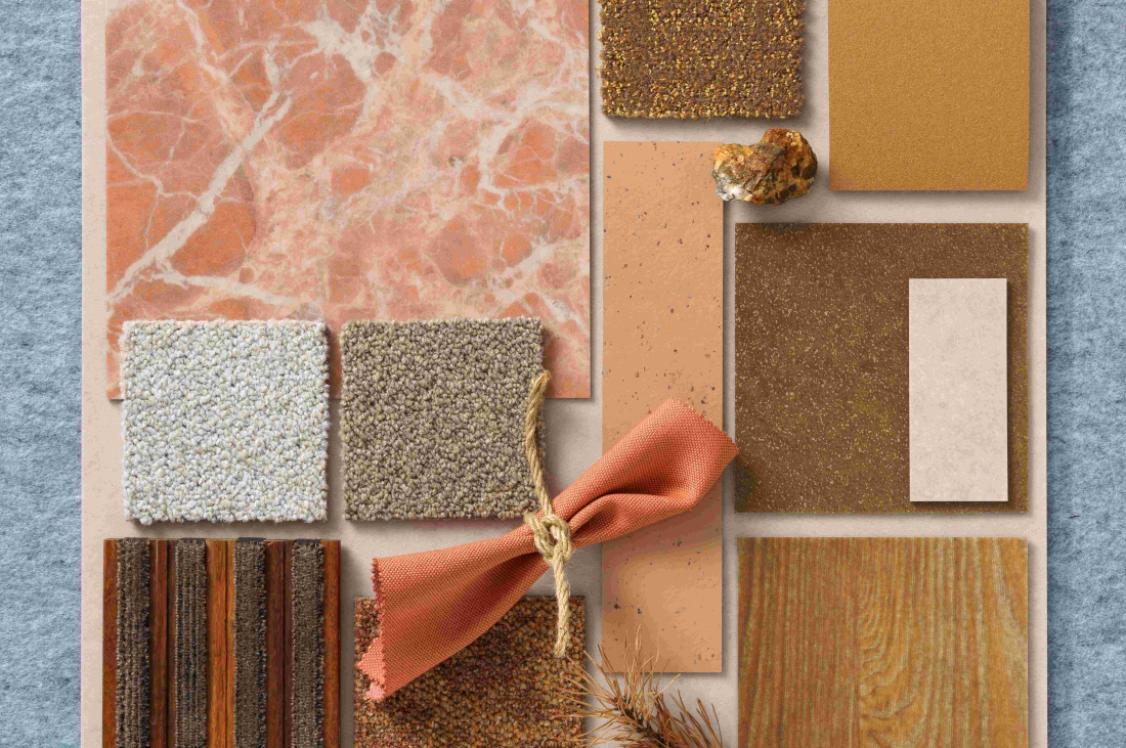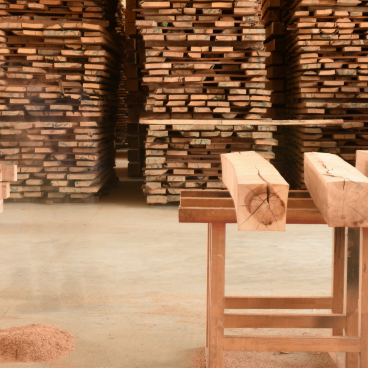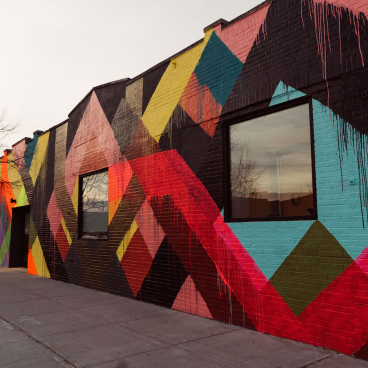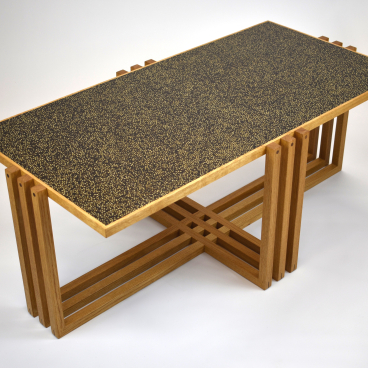WOOD-SKIN covers the dome and walls of the new Assembly Hall of the United Nations Palace in Geneva.
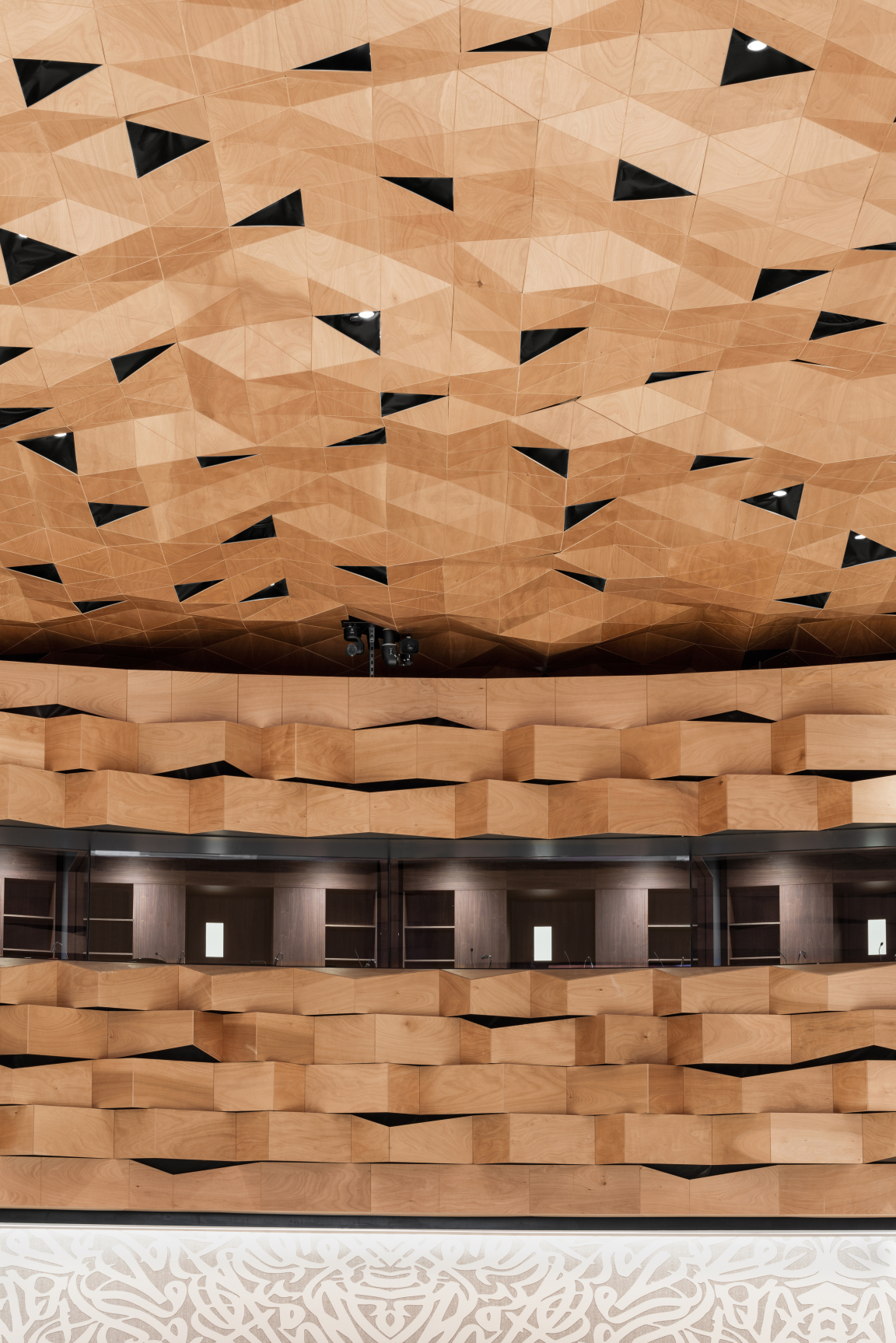
WOOD-SKIN - United Nations Palace in Geneva - Image credit - DSL Studio
A smooth expanse of wooden ‘dunes’ clads the circular hall, featuring the patented process of WOOD-SKIN, allows the digital design of flexible three-dimensional coverings.
WOOD-SKIN is the design and technical partner for the renovation of the United Nations Room XIX in Geneva, commissioned to the architectural firm PEIA Associati, through a generous donation from the State of Qatar. The project reinterprets the diplomacy, tradition, calligraphy, and the landscape of Qatar through contemporary materials, technologies, and design languages. Peia Associati, the world-class architectural firm, has chosen the AI Group as its engineering support and CCM as its general contractor.
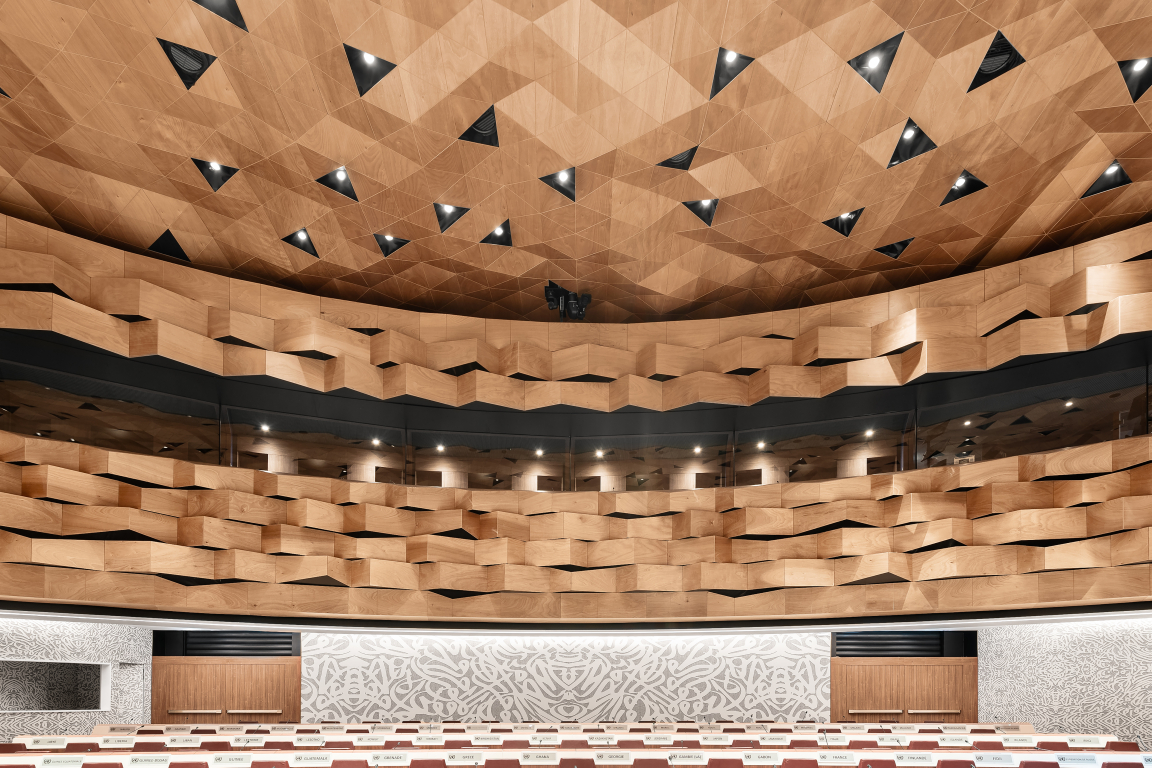
WOOD-SKIN - United Nations Palace in Geneva - Image credit - DSL Studio
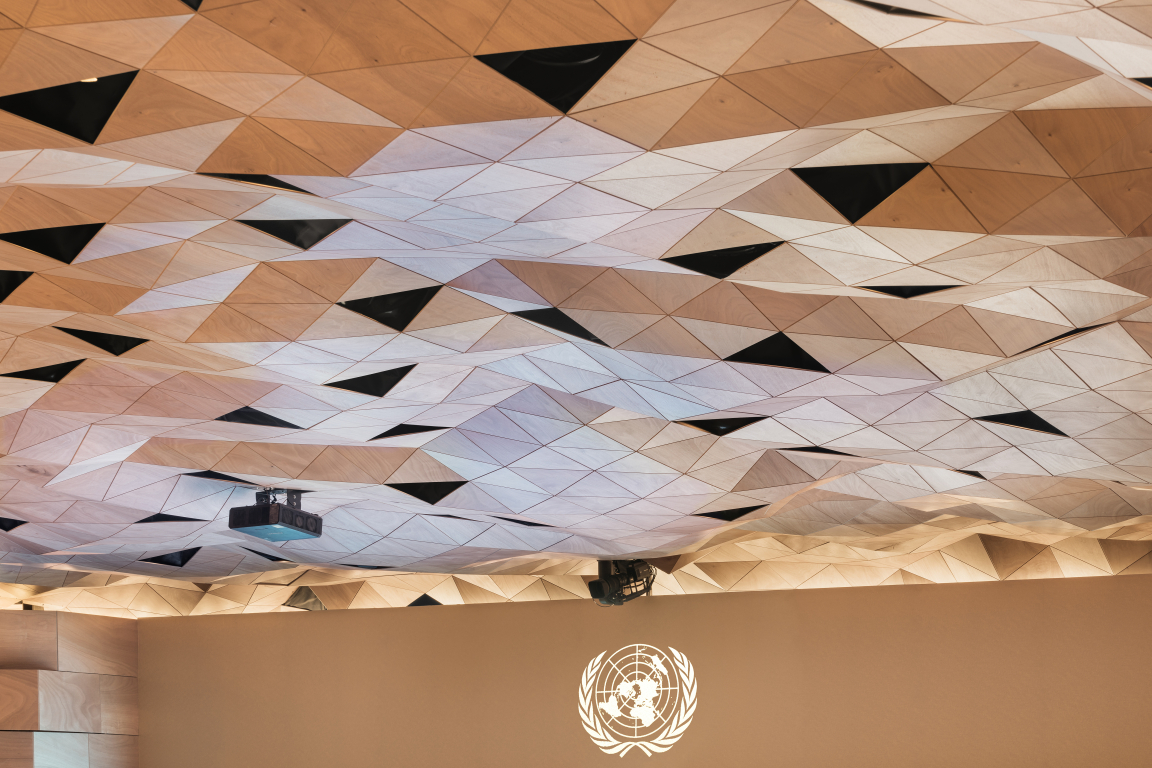
WOOD-SKIN - United Nations Palace in Geneva - Image credit - DSL Studio
For the furnishings, finishes, and lighting, WOOD-SKIN worked alongside Matteo Grassi, FLOS, Casalgrande Padana, and Wallpepper. Other European and international interior partners include Taiden/Media-Vision, Wilkhahn, and Krion/ Porcelanosa.
The hall, with a capacity of 800 and an area of 4,000 square meters, is the largest and most technologically advanced of the UN, a model for future projects. The restyling of the ceiling was carried out with Mesh Sheets, the most iconic product of the WOOD-SKIN family, which allows designers and architects total freedom of form. The result is an architectural macro-membrane of around 1,000 square meters in okumè, warm, and very lightweight wood with a flamed grain, perfect for anchoring to the pre-existing historical structure of the building.
The WOOD-SKIN system also made it possible to integrate the circadian lighting by FLOS in a fluid way, along with the sophisticated engineering required by a conference hall designed for the future. Air conditioning, video projectors, robotic cameras, and sensors were carefully integrated into the design phase and then seamlessly installed, creating an organic system that takes advantage of the features of WOOD-SKIN as a platform for technological integration.
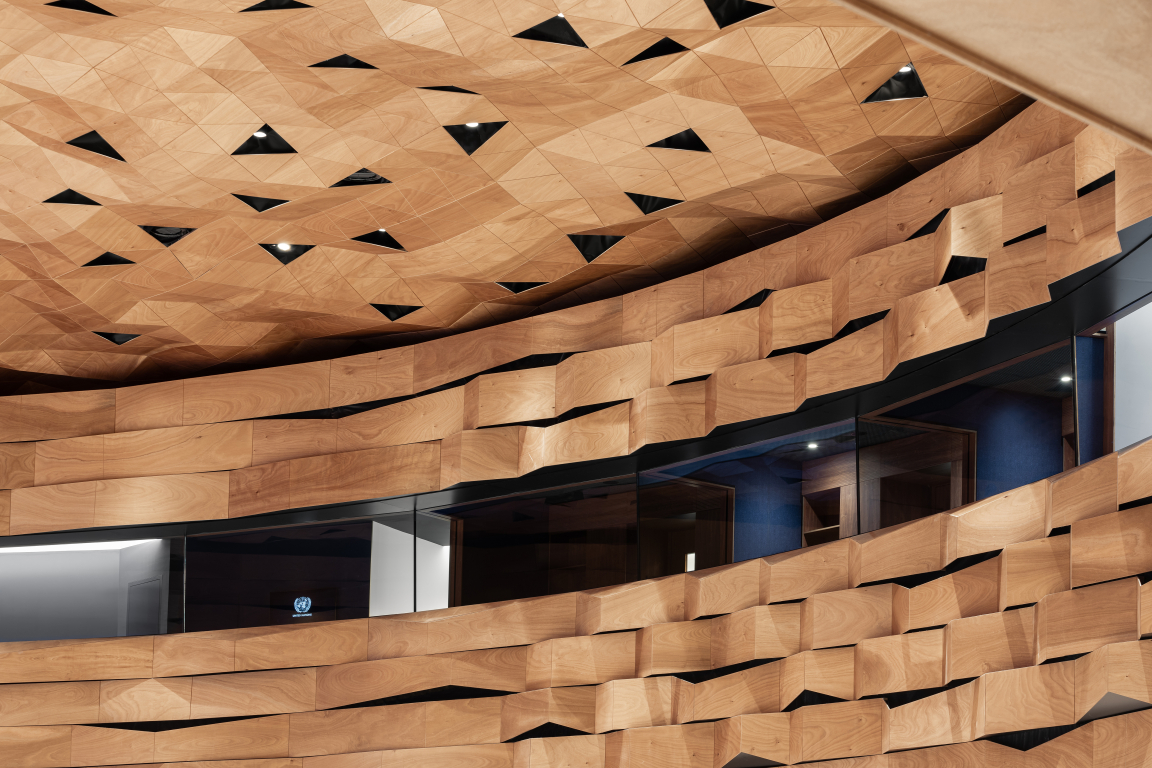
WOOD-SKIN - United Nations Palace in Geneva - Image credit - DSL Studio
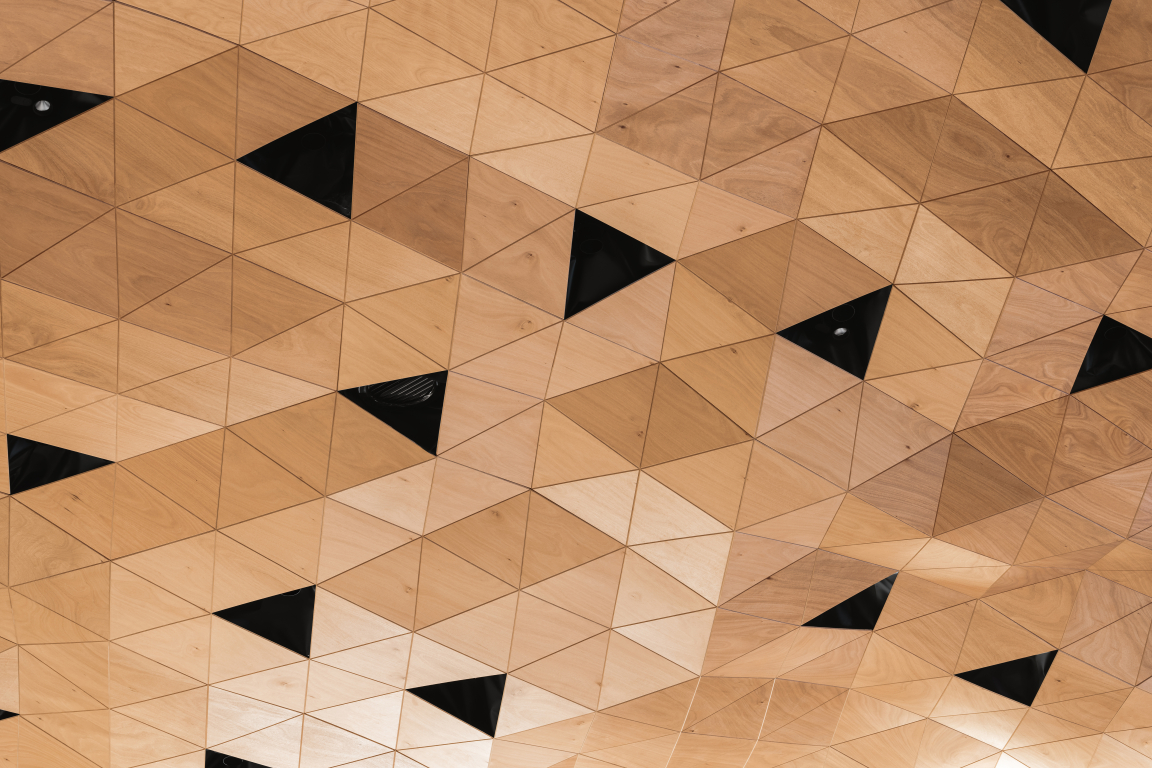
WOOD-SKIN - United Nations Palace in Geneva - Image credit - DSL Studio
An essential feature of the space is its high-performance acoustics: the parametric modeling software allowed us to simulate the behavior of the surface and its deformation until achieving the volumes dictated by the technical/acoustic requirements of the space. The wall and ceiling panels, in addition to having characteristics of sound diffusion, are engineered to manage high and low sound frequencies. The complex geometries generate an irregular surface that promotes sound diffusion, thereby reducing echo. The textile core of the cladding, on the other hand, makes the panels behave more like fabric than wood, capable of absorbing even the lowest range of frequencies.
The use of a sculptural language breaks the symmetry of the circular conference room, giving the space a new dynamism, but also new metaphorical resonance. The ceiling recalls the constant movement of sand dunes, and the lighting system reflects the circadian rhythm of sunrise and sunset. The wooden wave panels on the walls change rhythm according to the acoustic optimization of the circular space. Still, they also symbolically represent the mission of the UN to promote and facilitate peace and diplomacy.
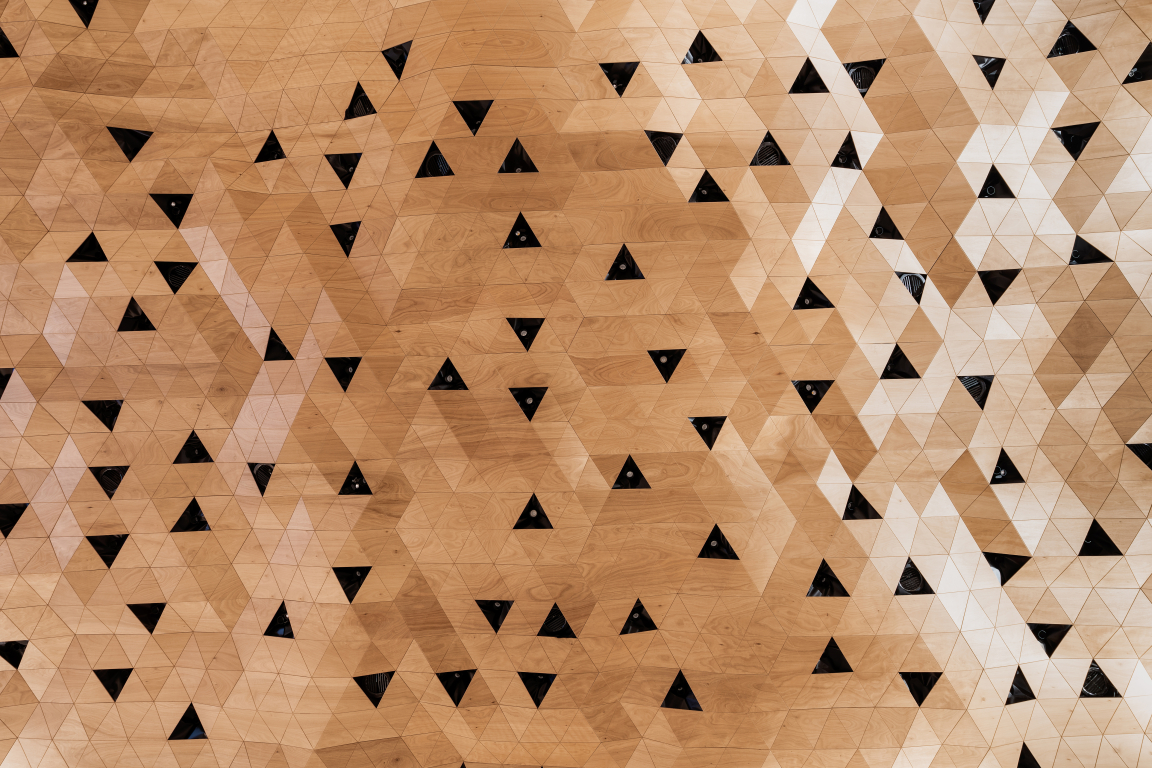
WOOD-SKIN - United Nations Palace in Geneva - Image credit - DSL Studio
Peia Associati’s architectural design interprets the assembly space in all its physical and institutional complexity. WOOD-SKIN, due to its innovative technology, provides the solution to the most complex design challenges, complements the architecture both functionally and aesthetically.
Learn more about WOOD-SKIN.



